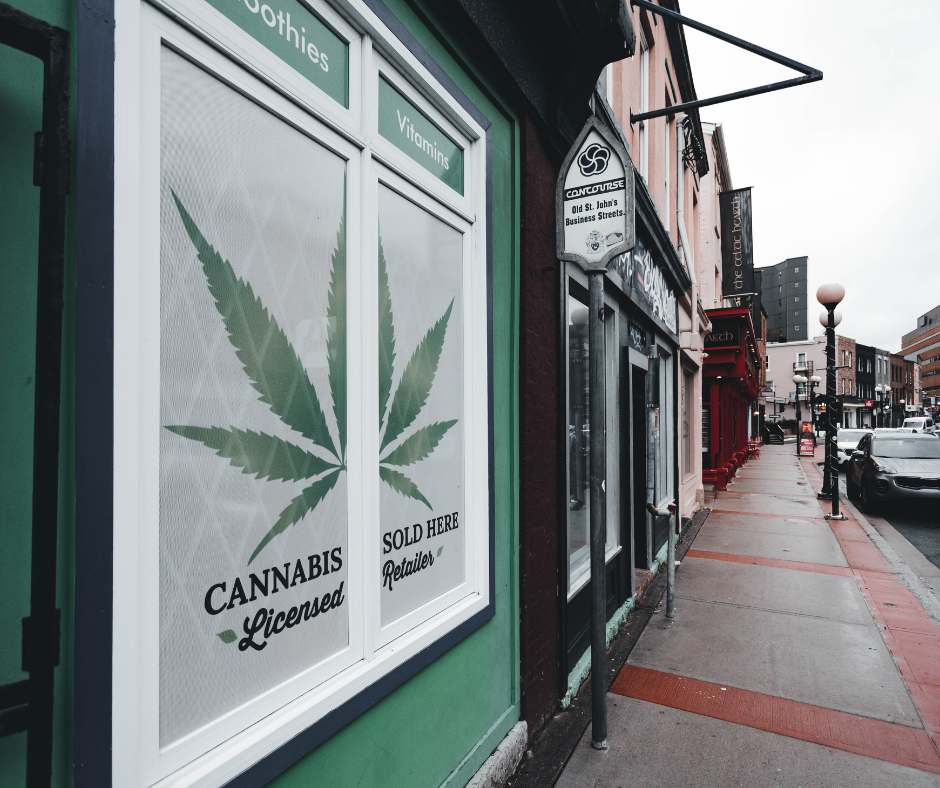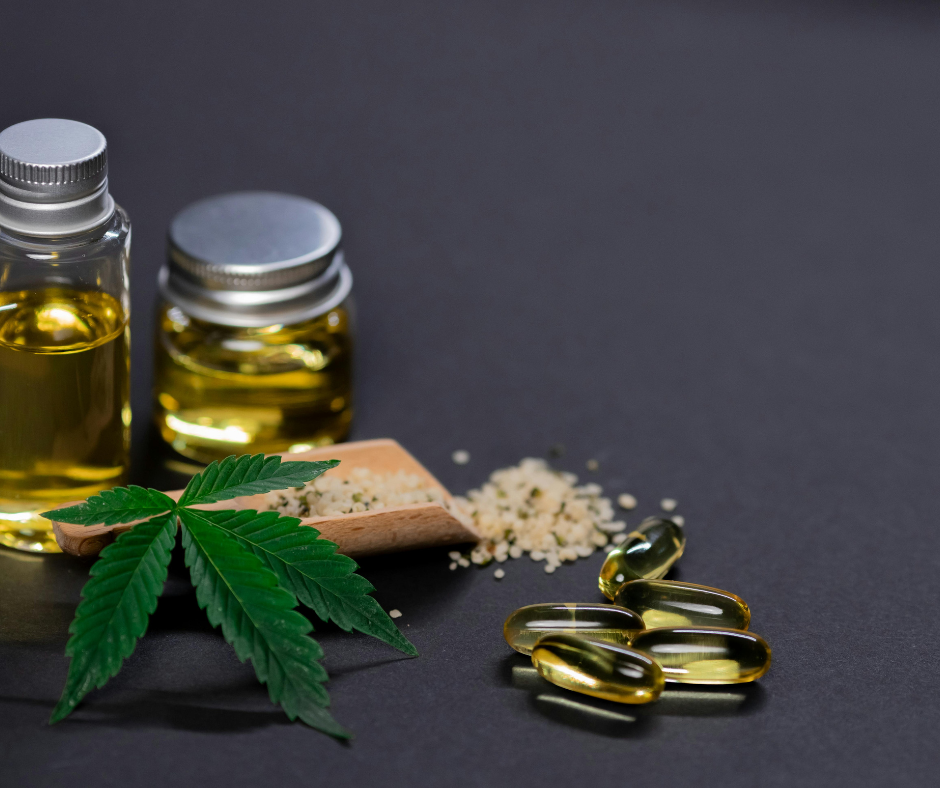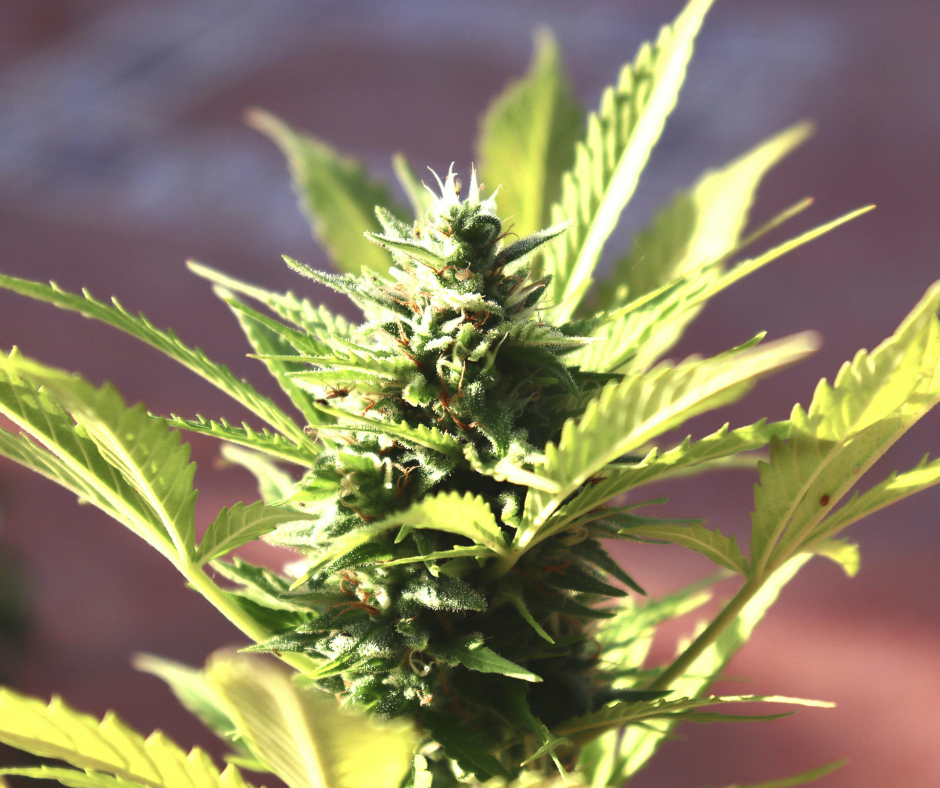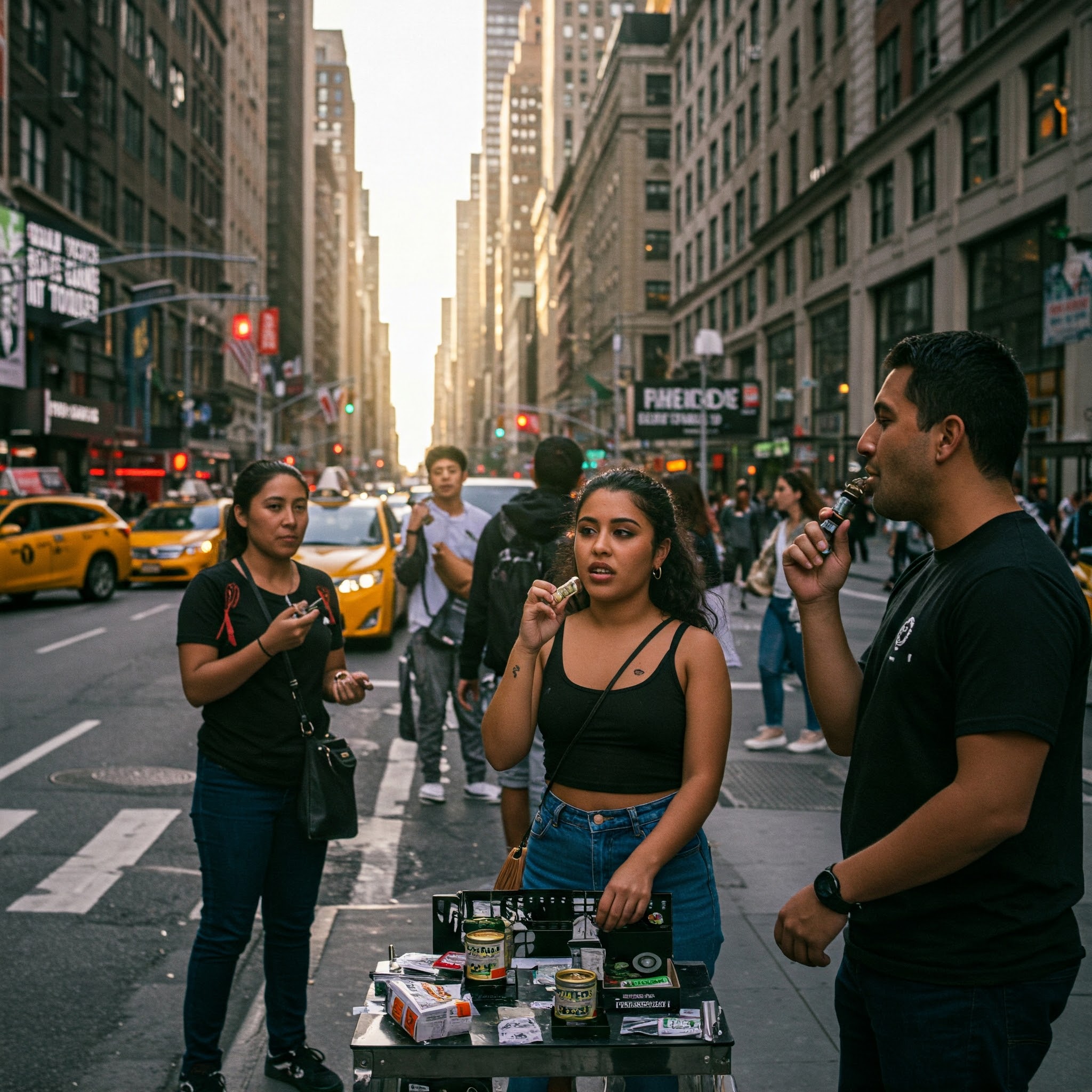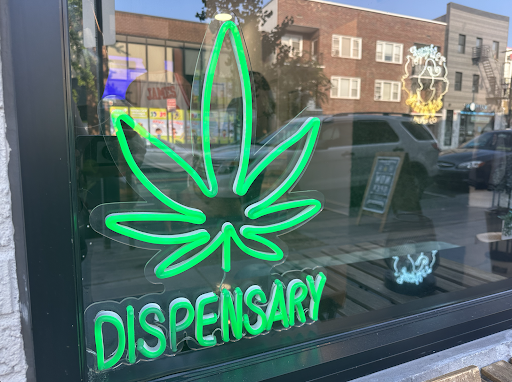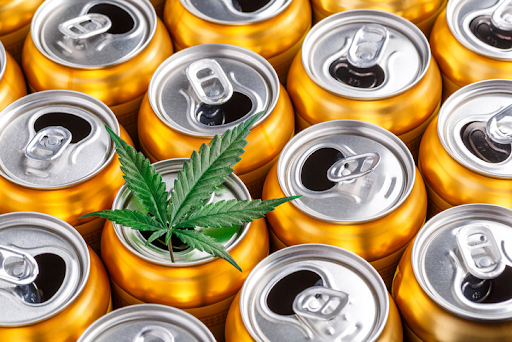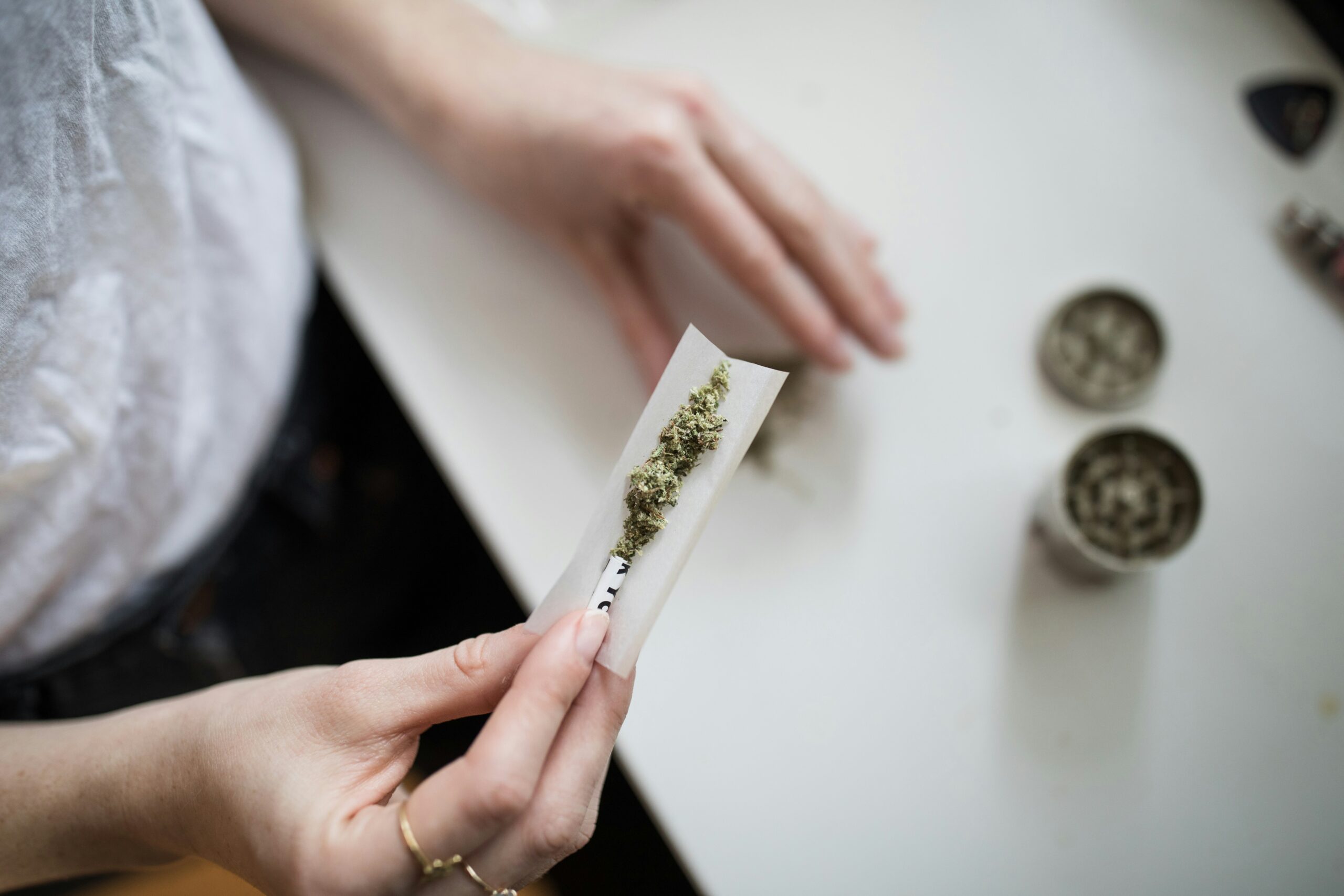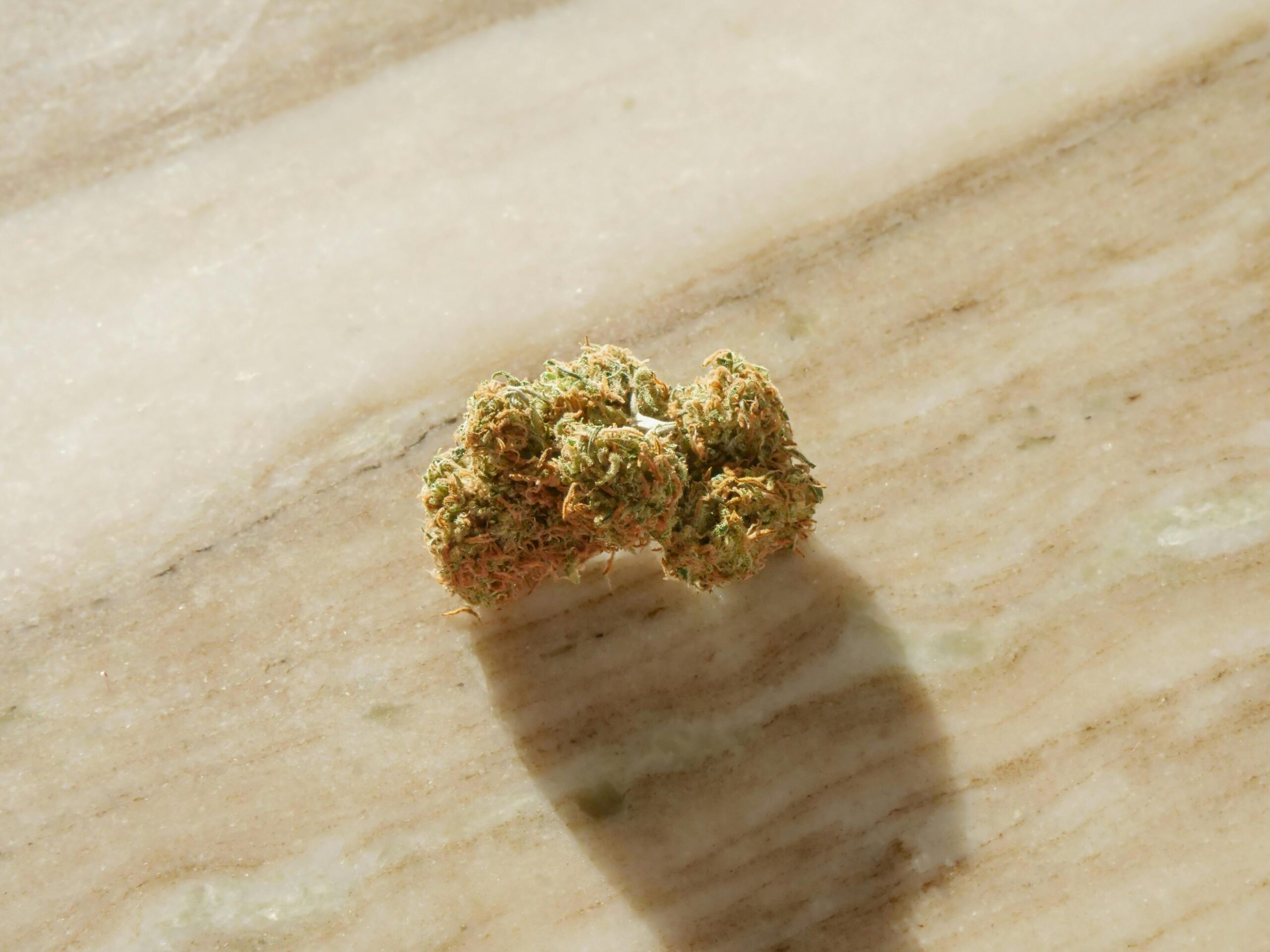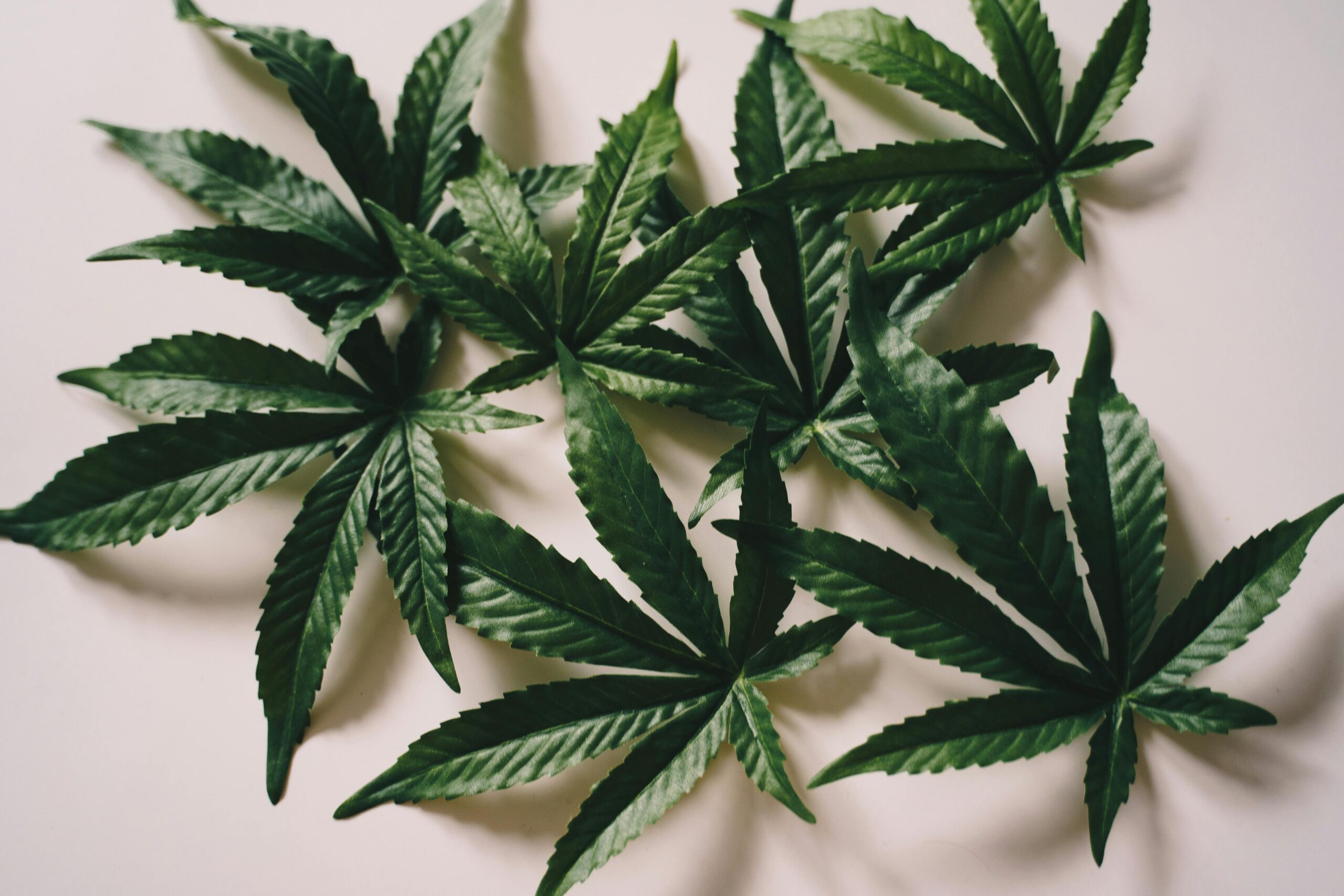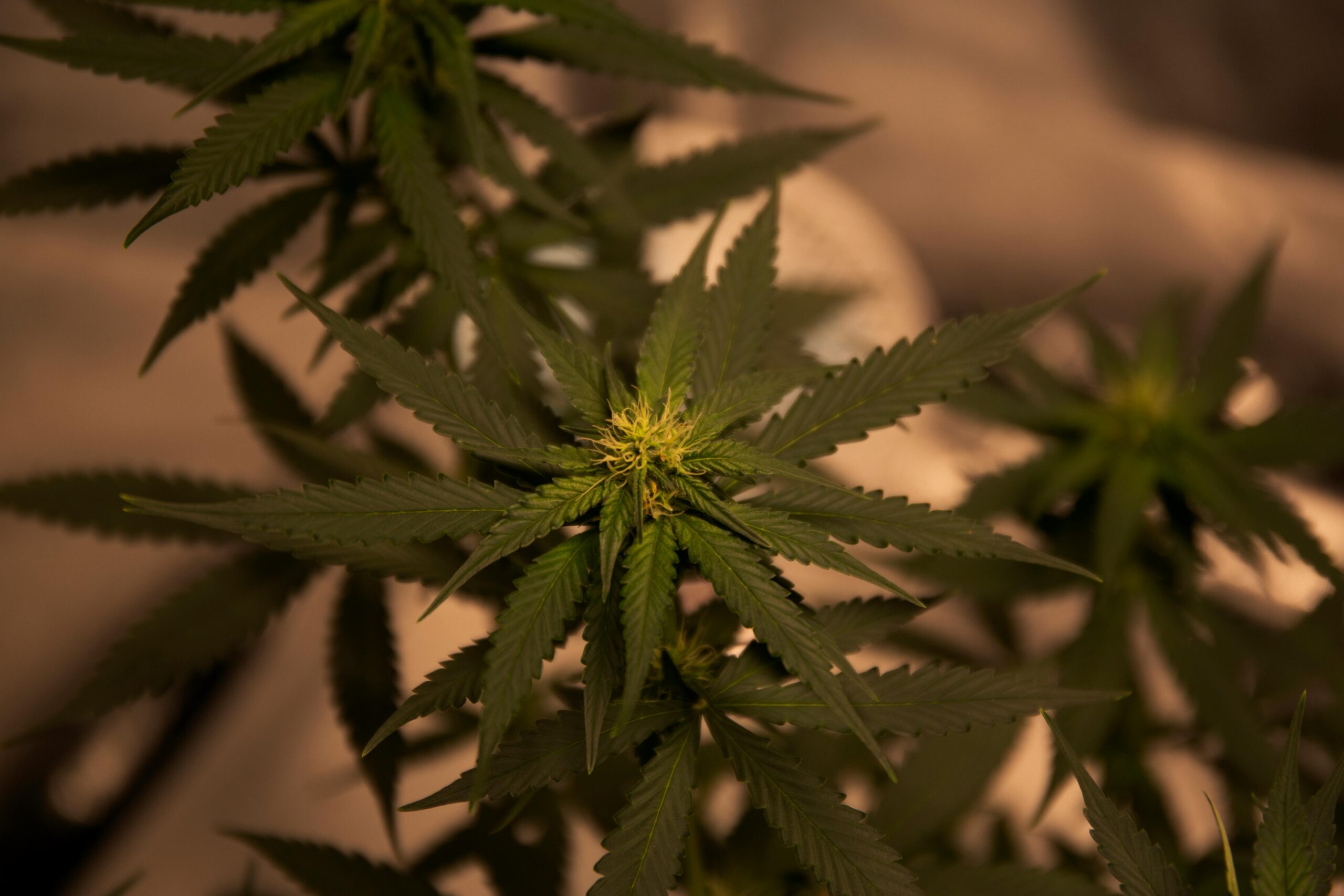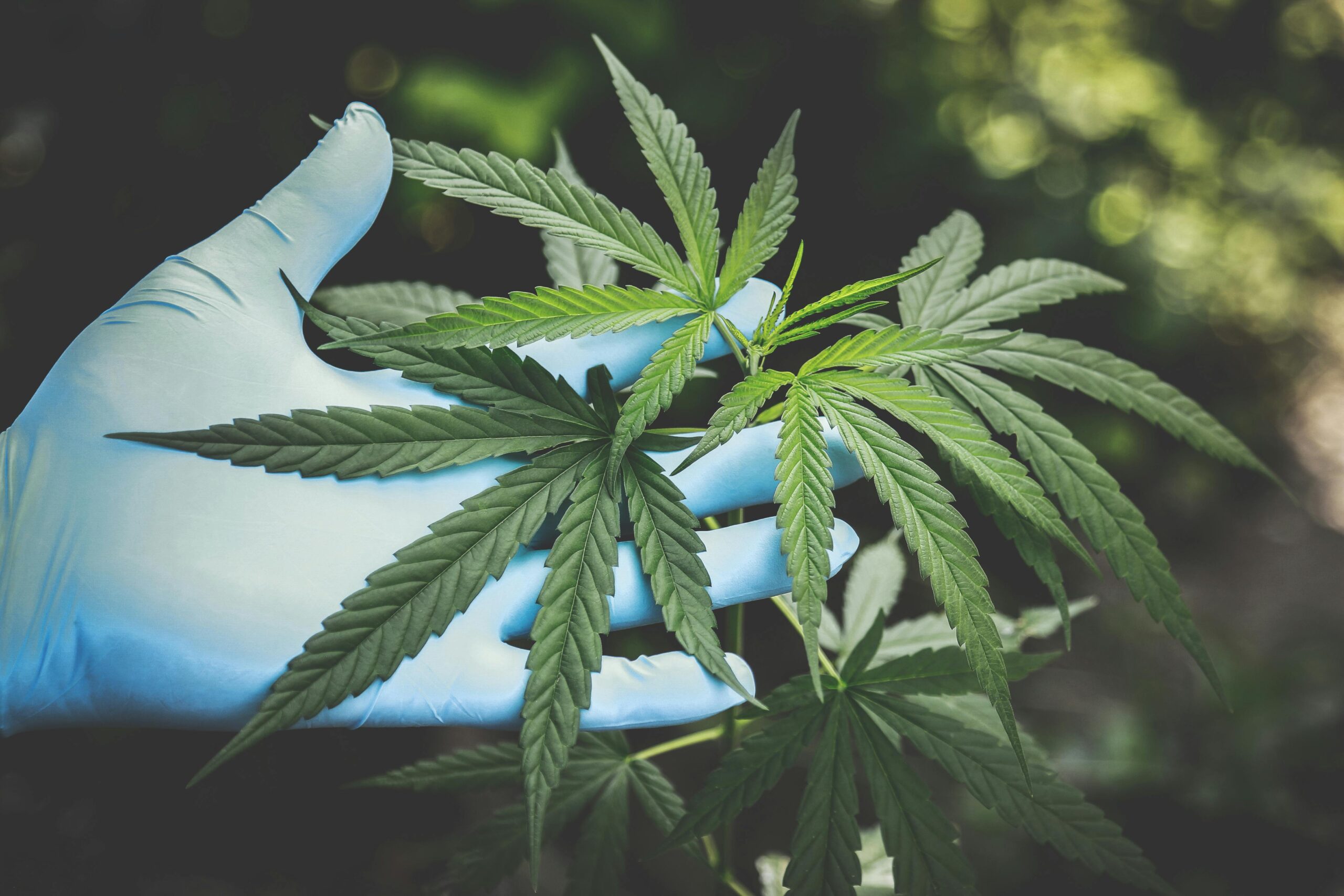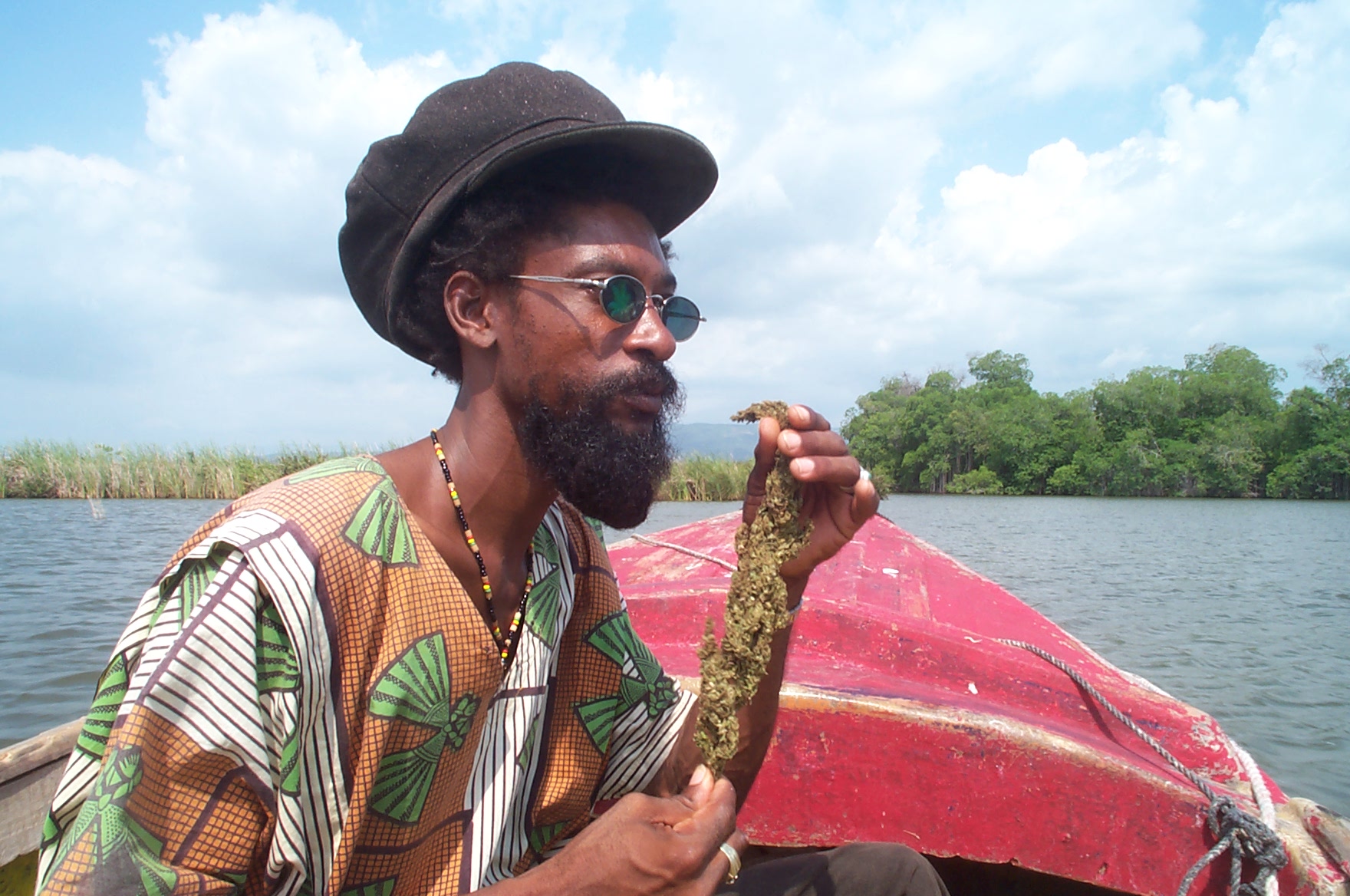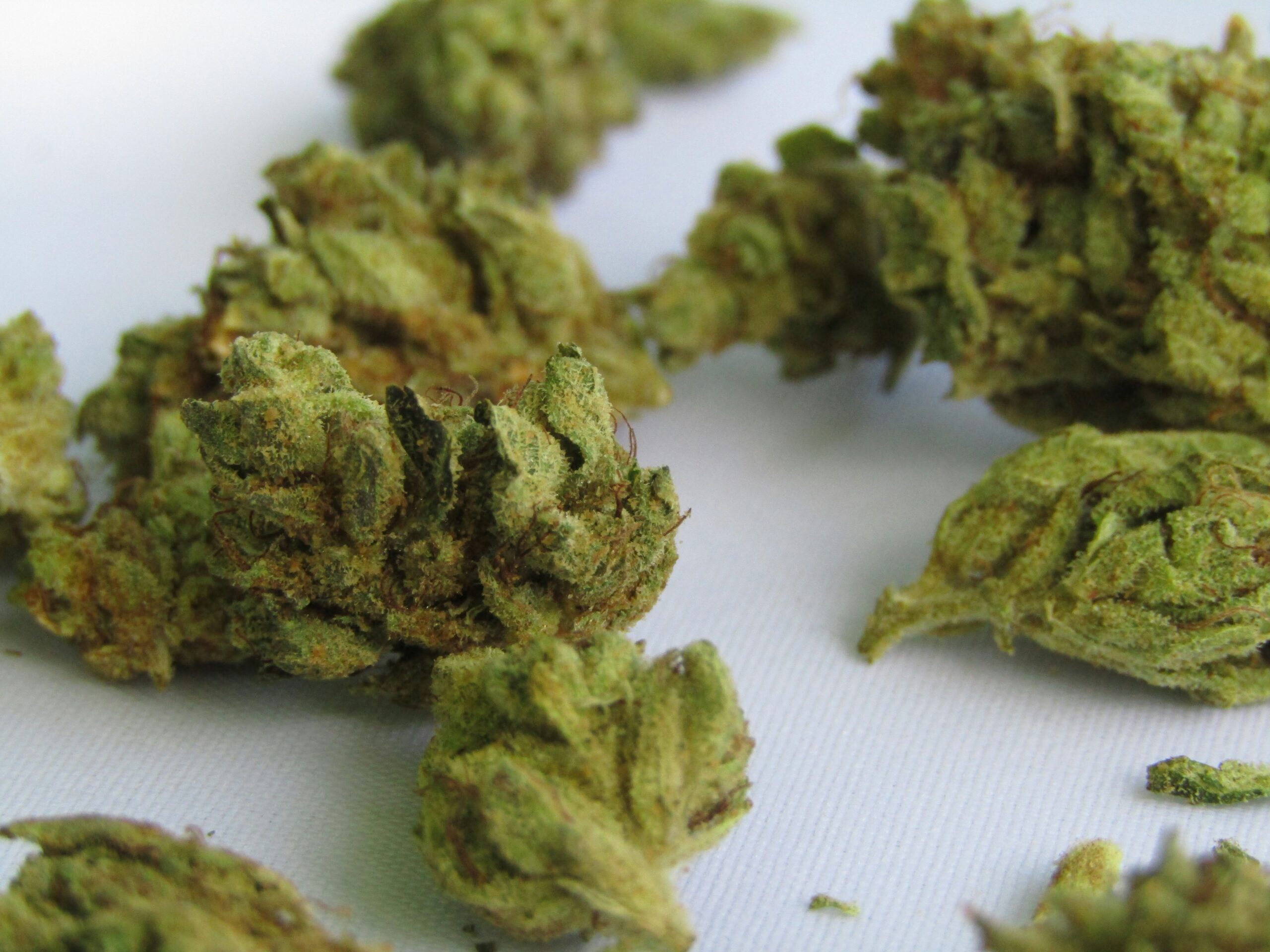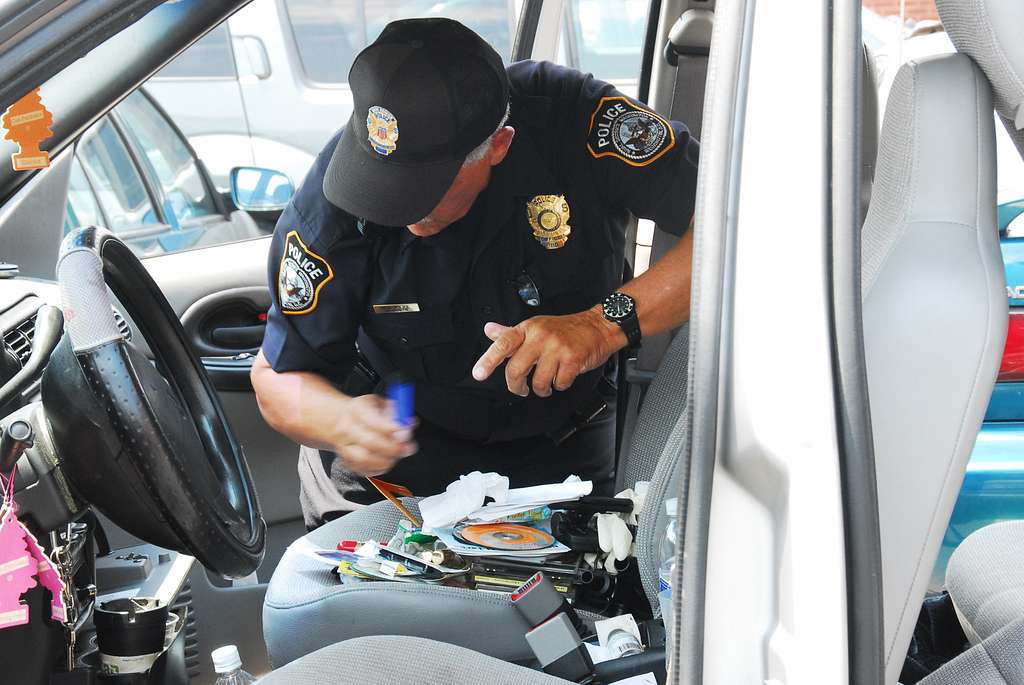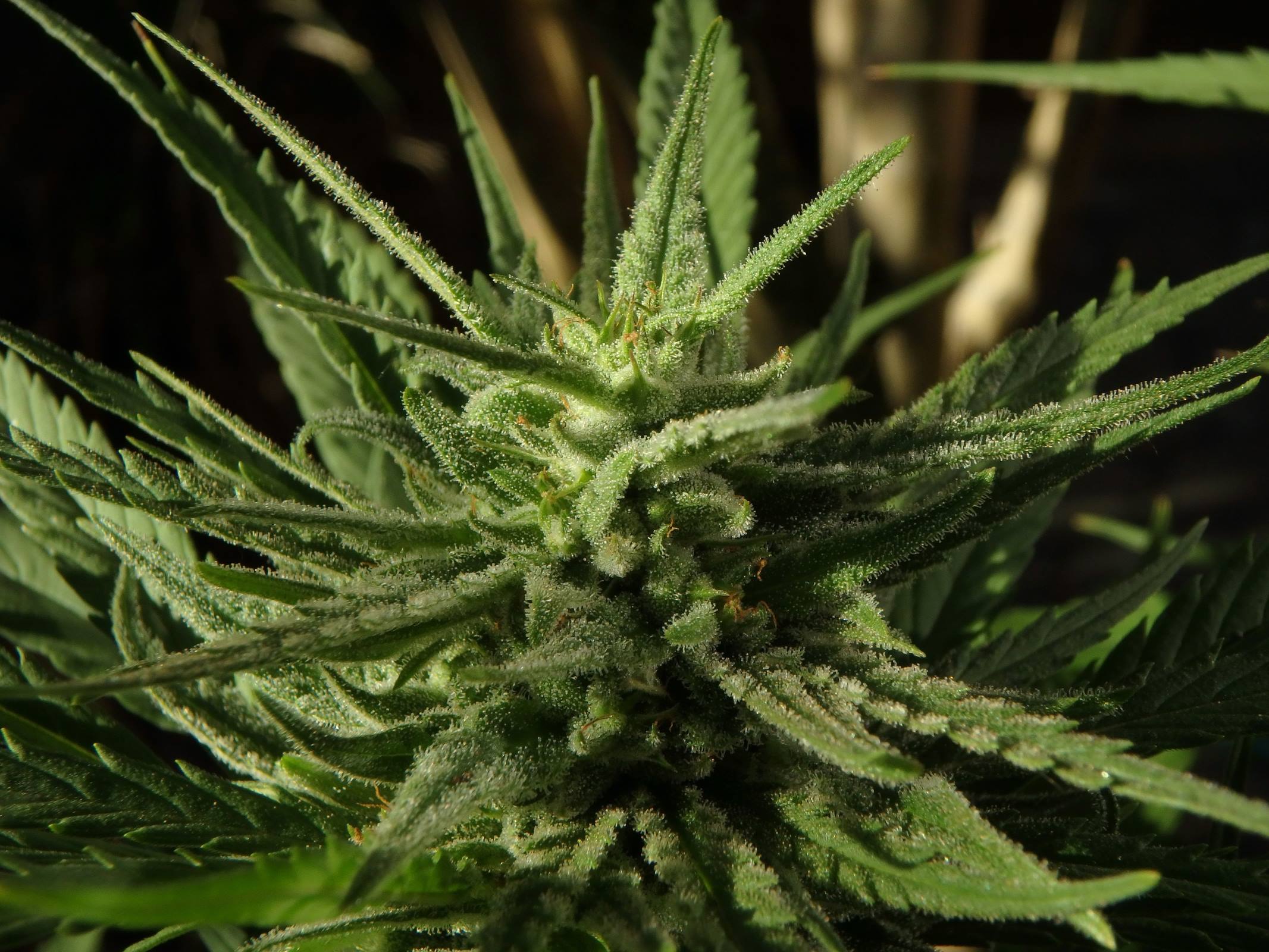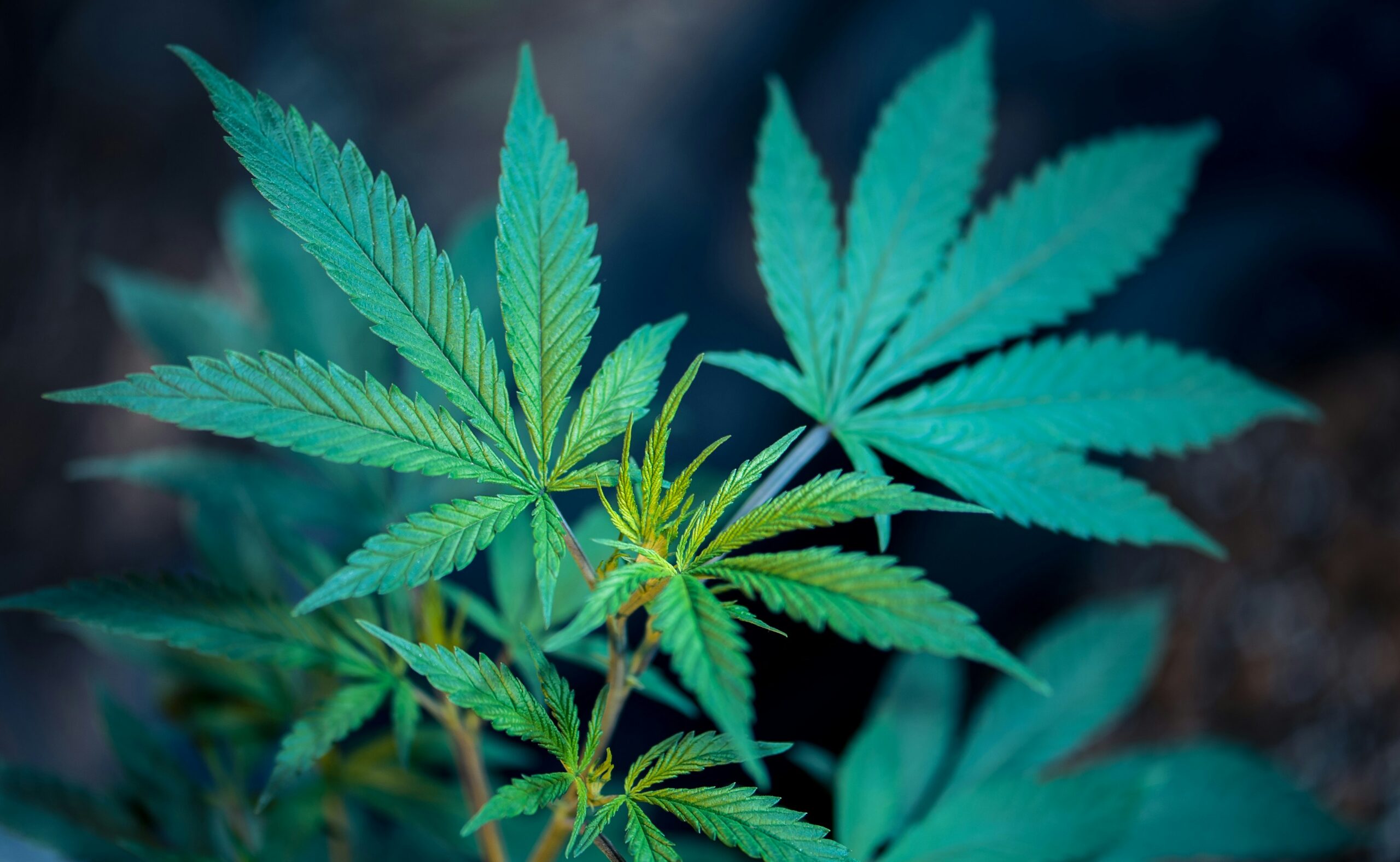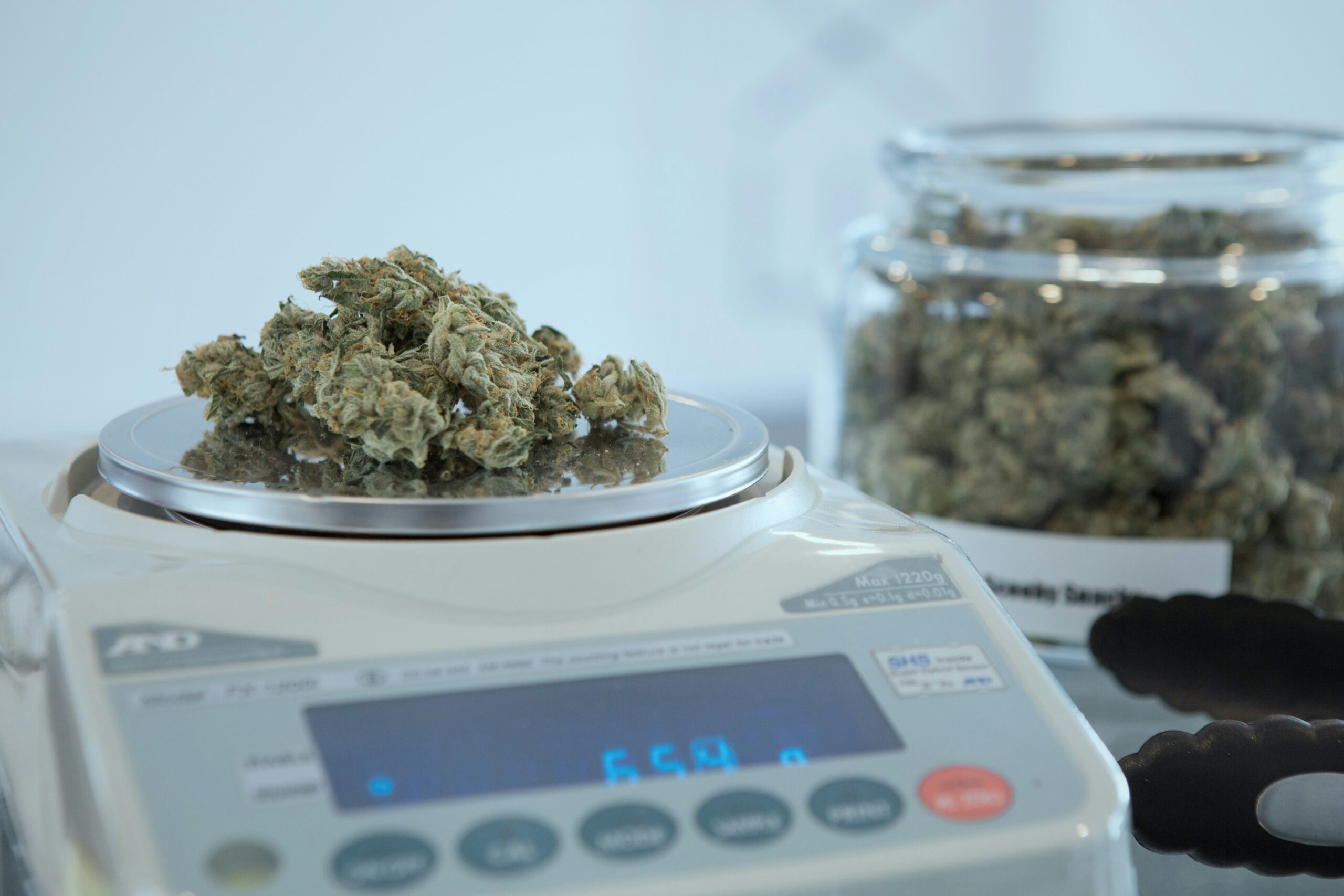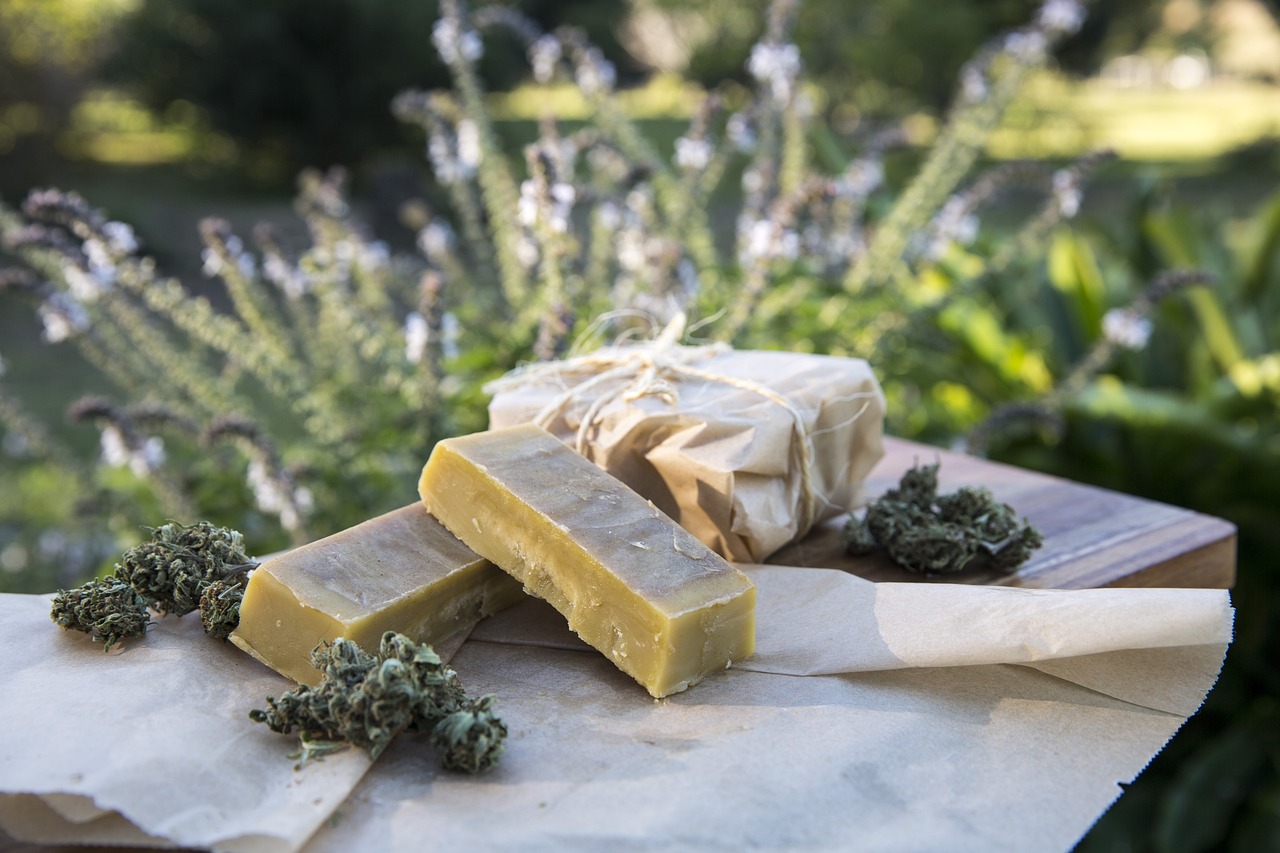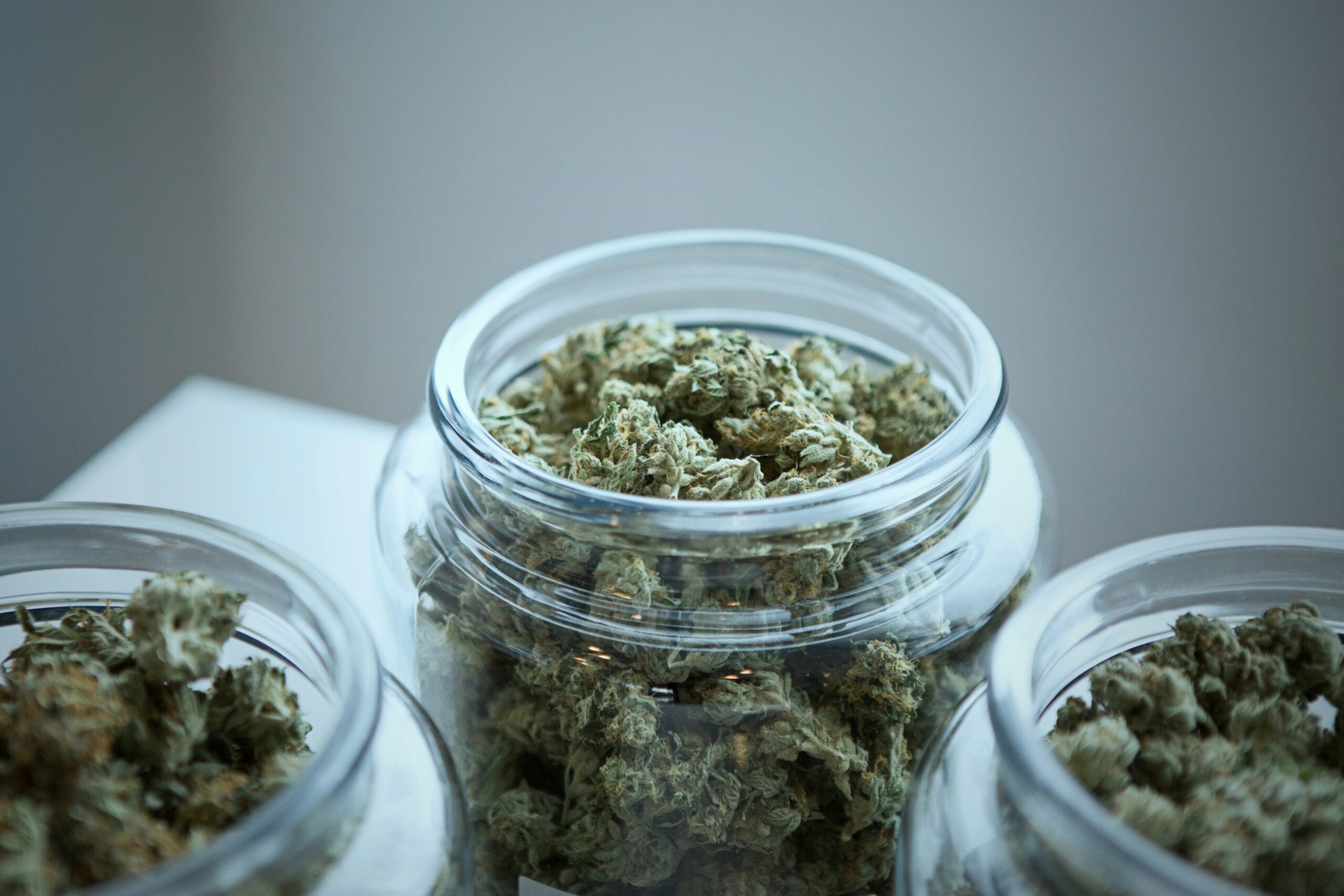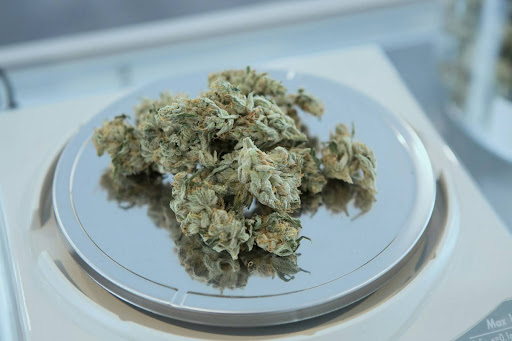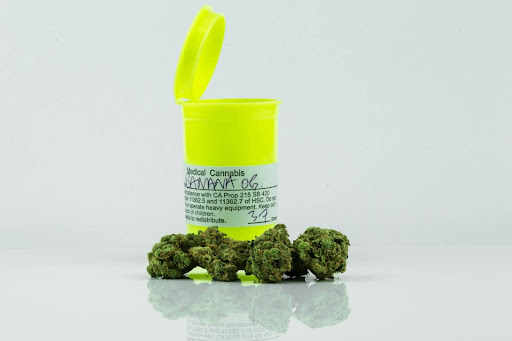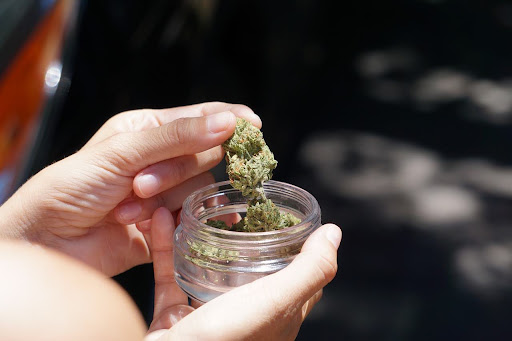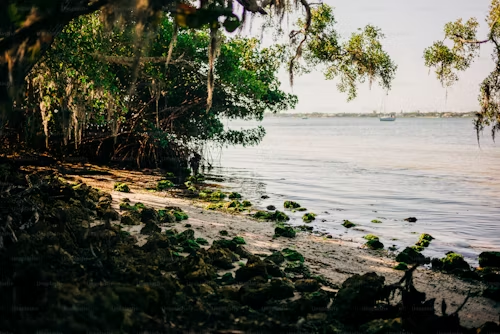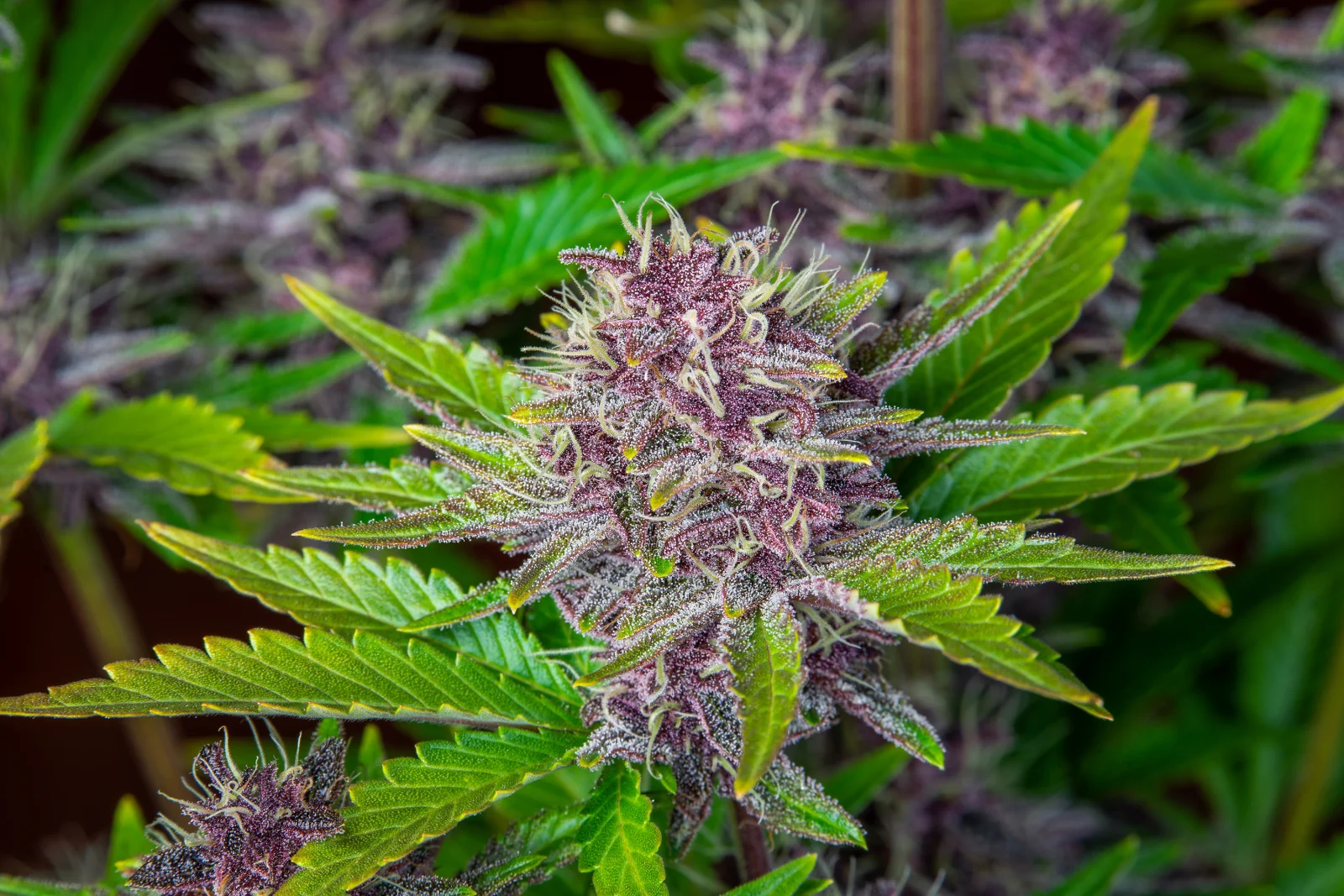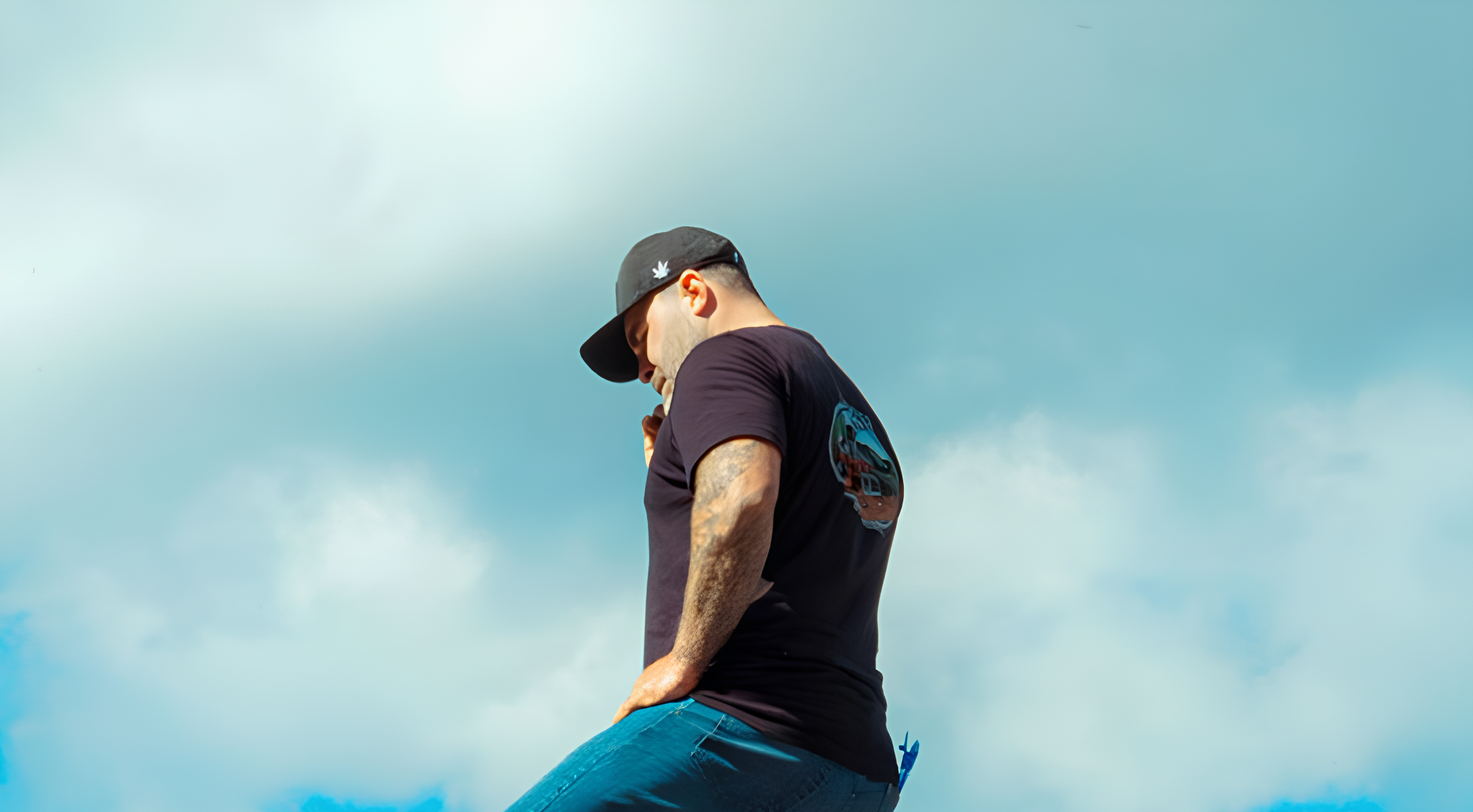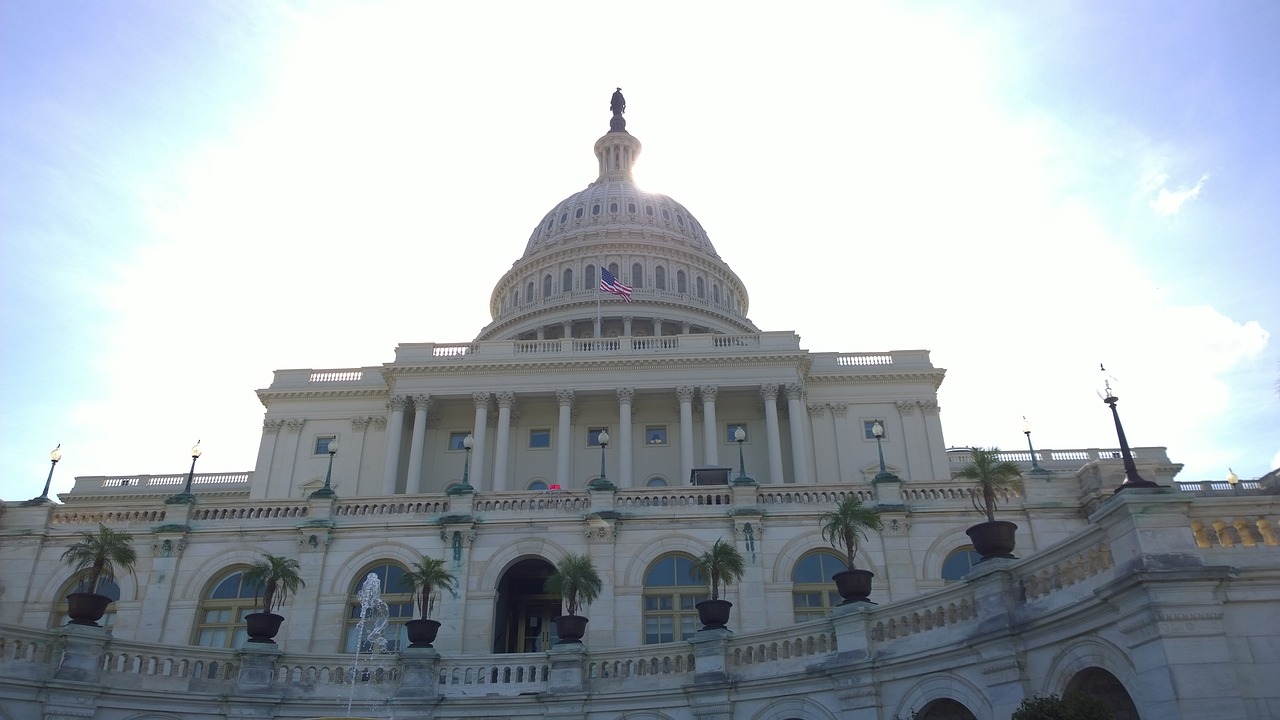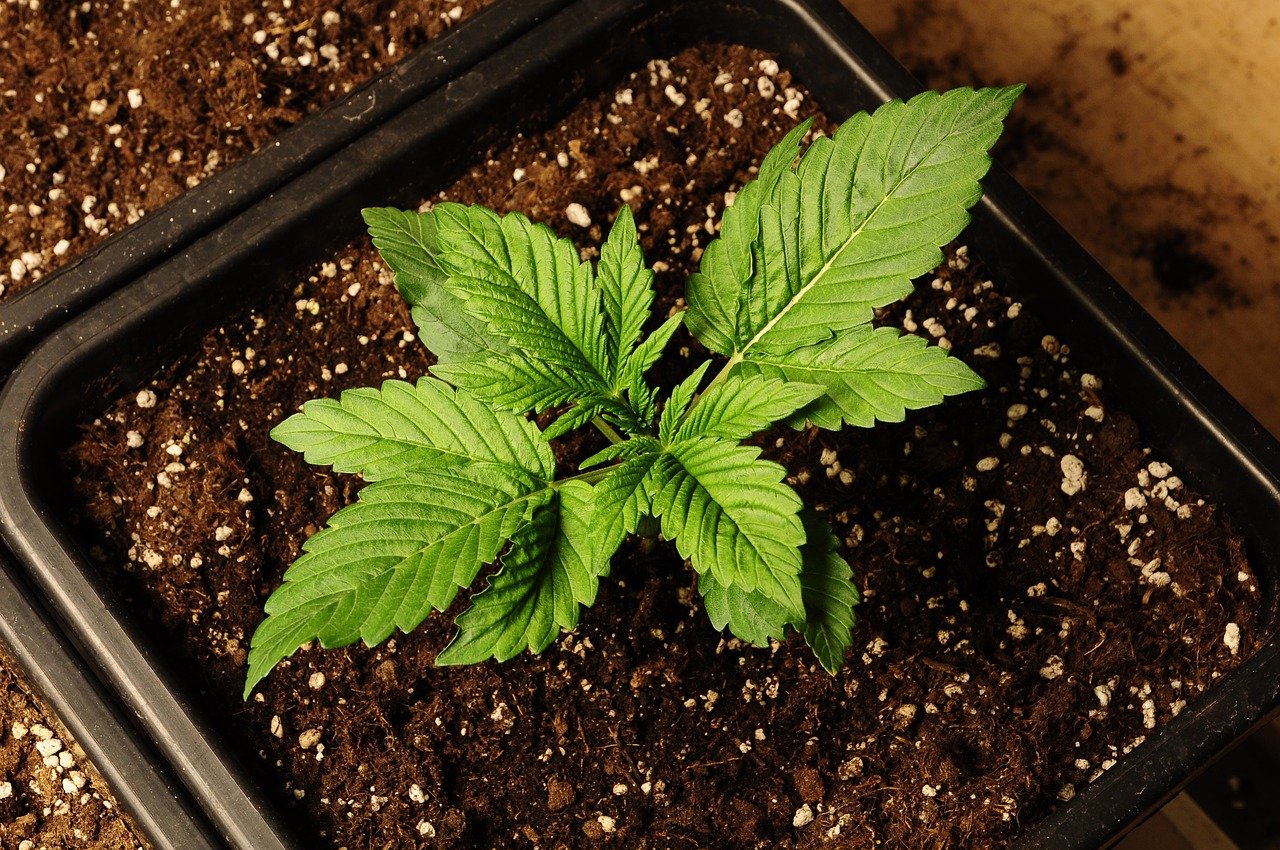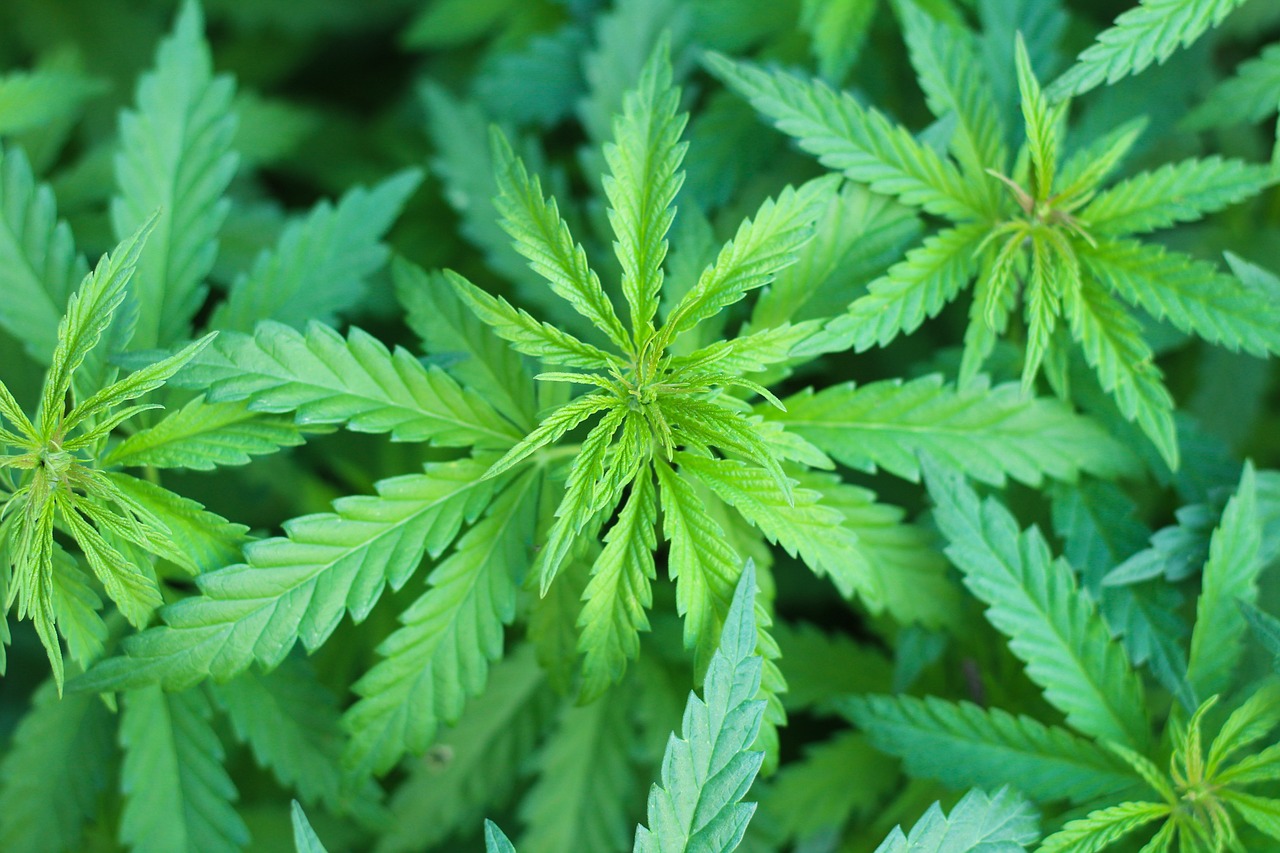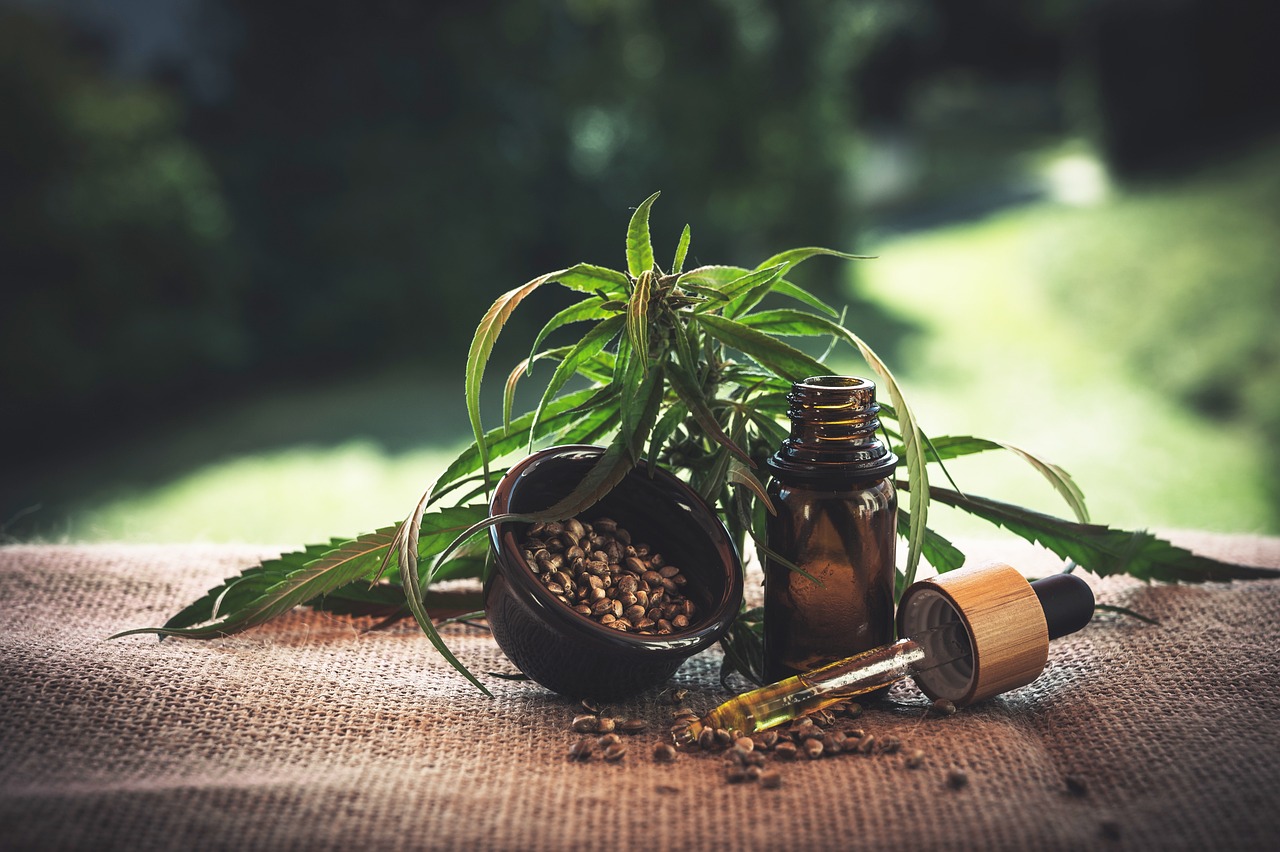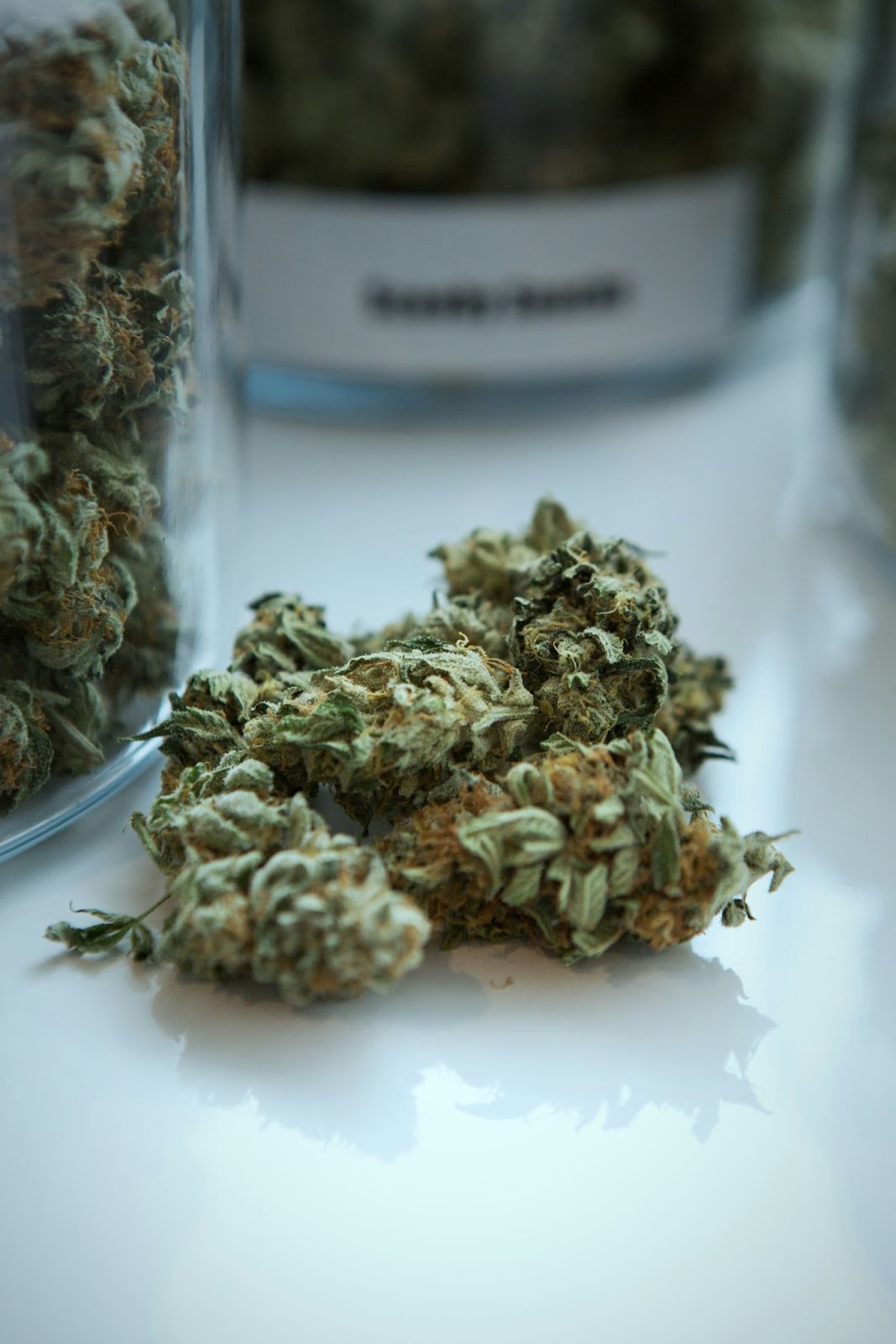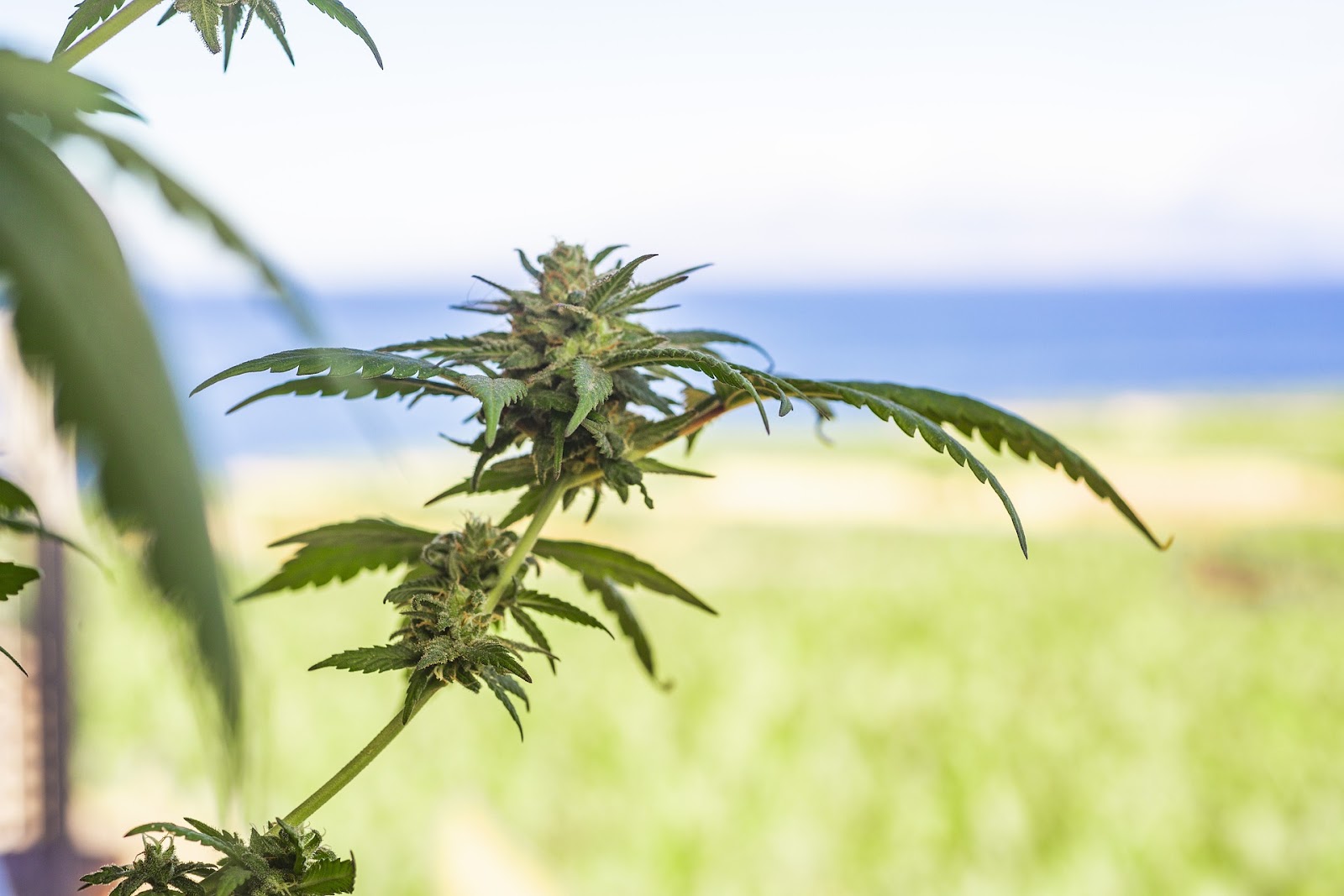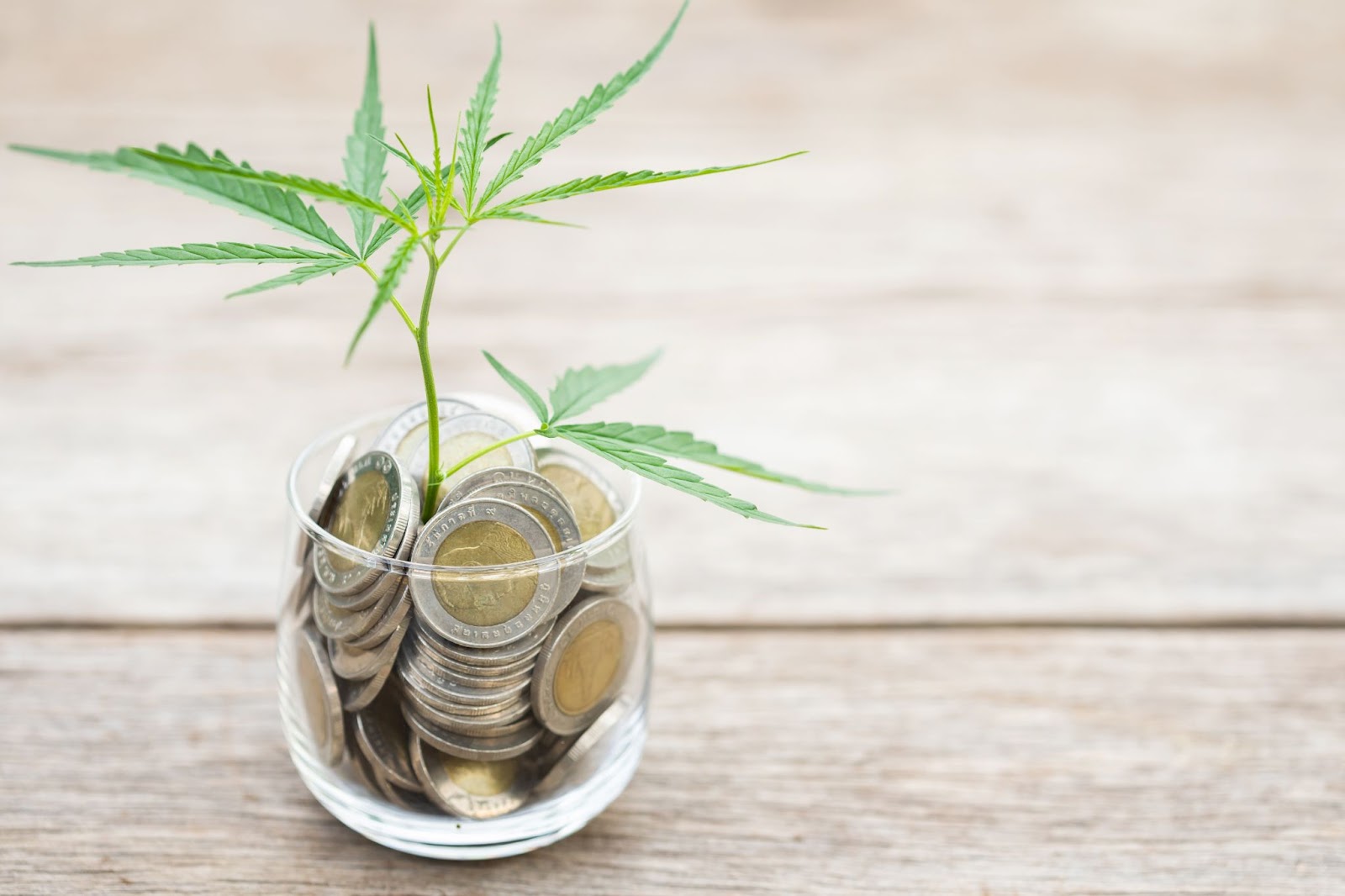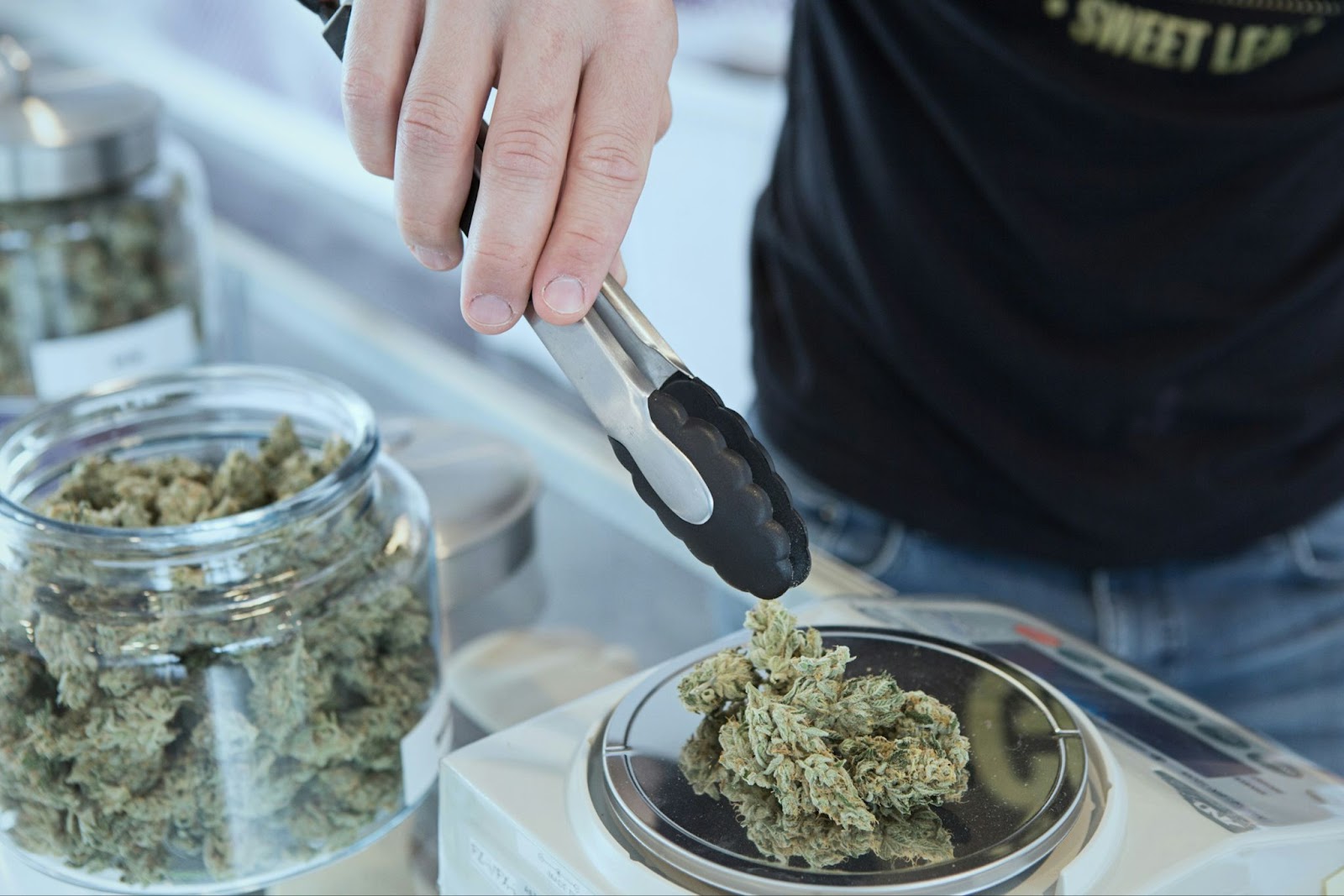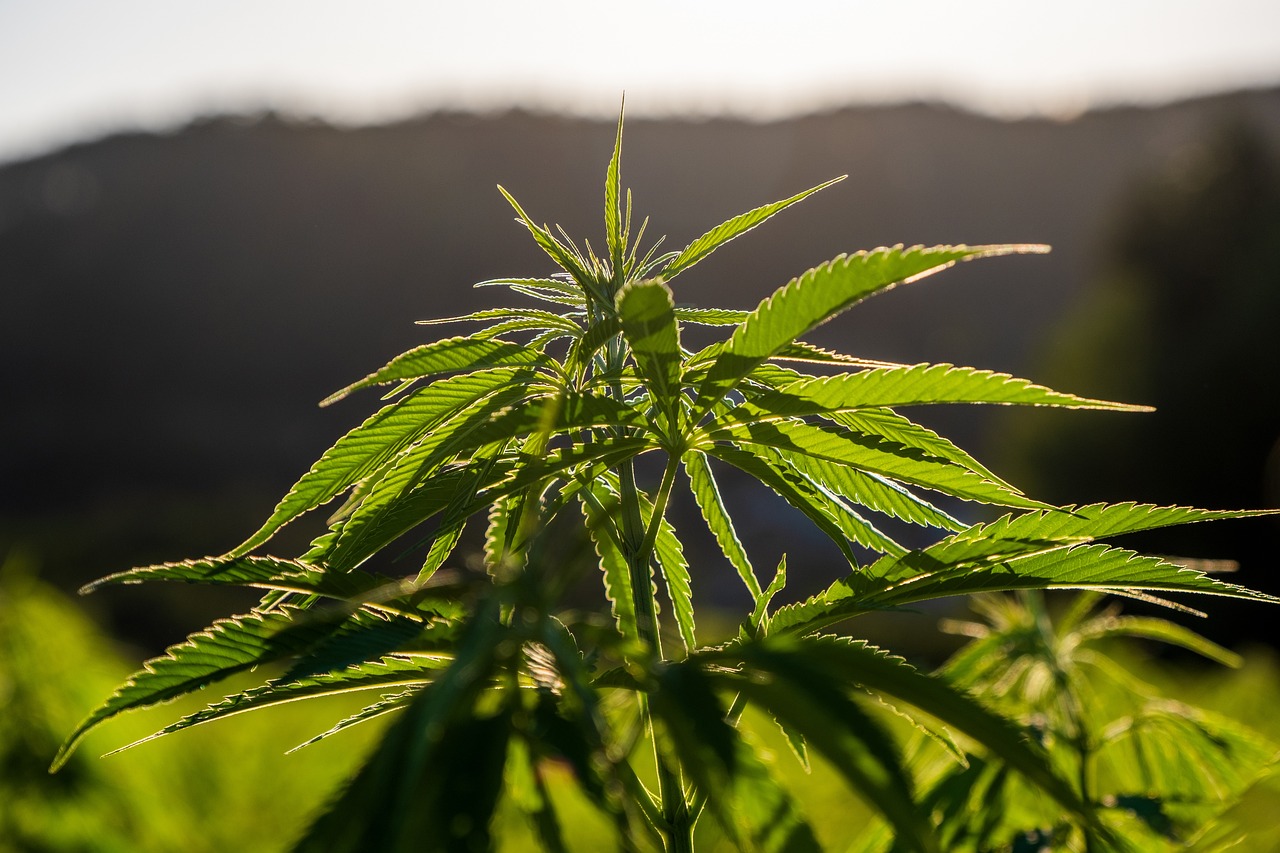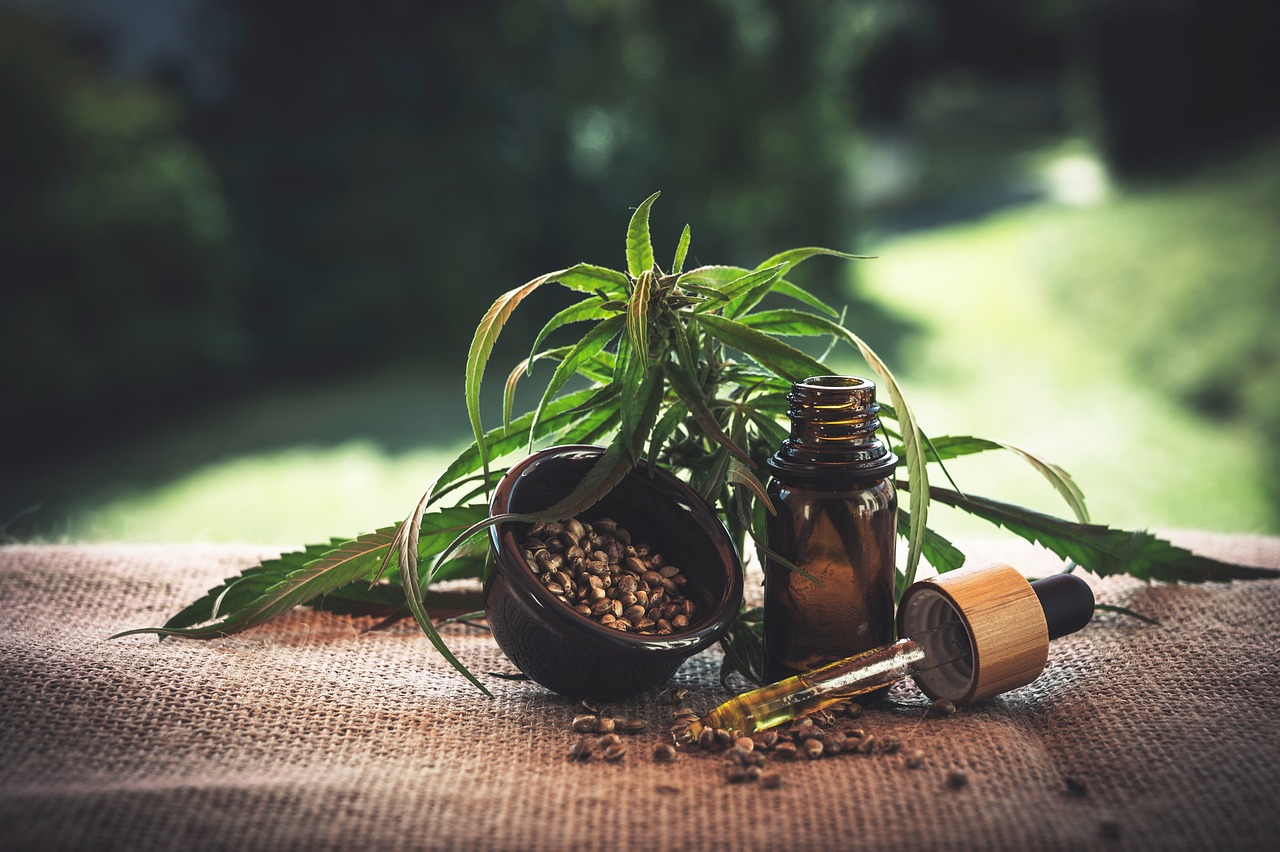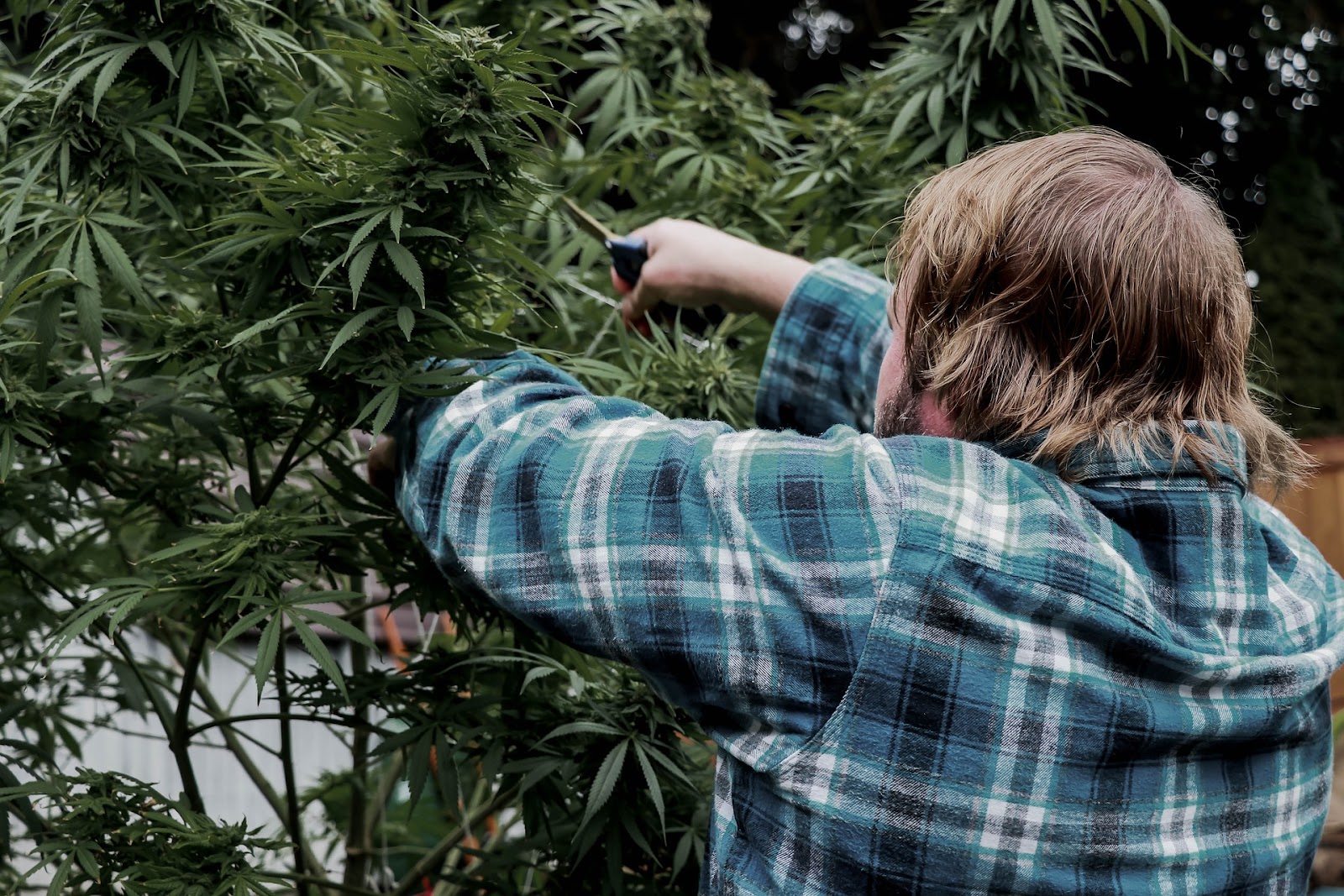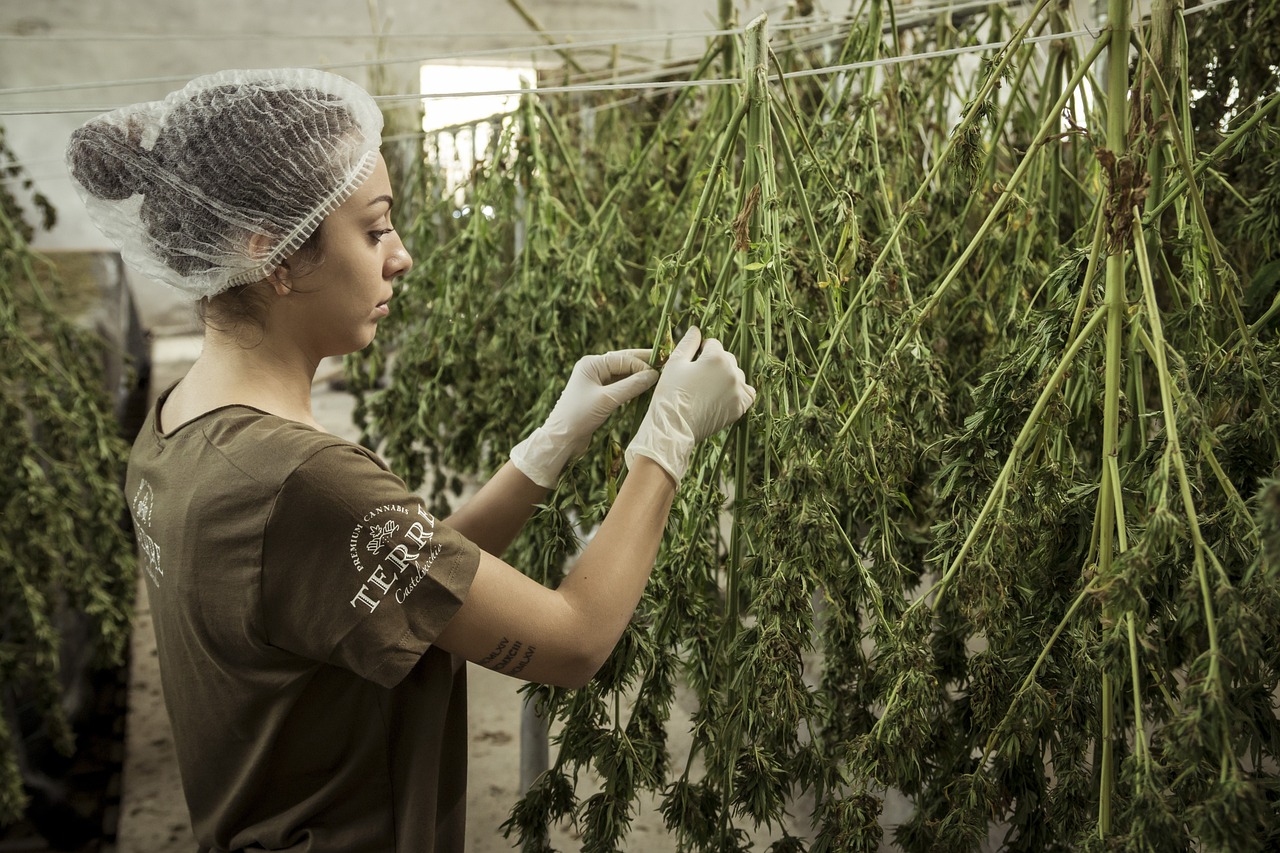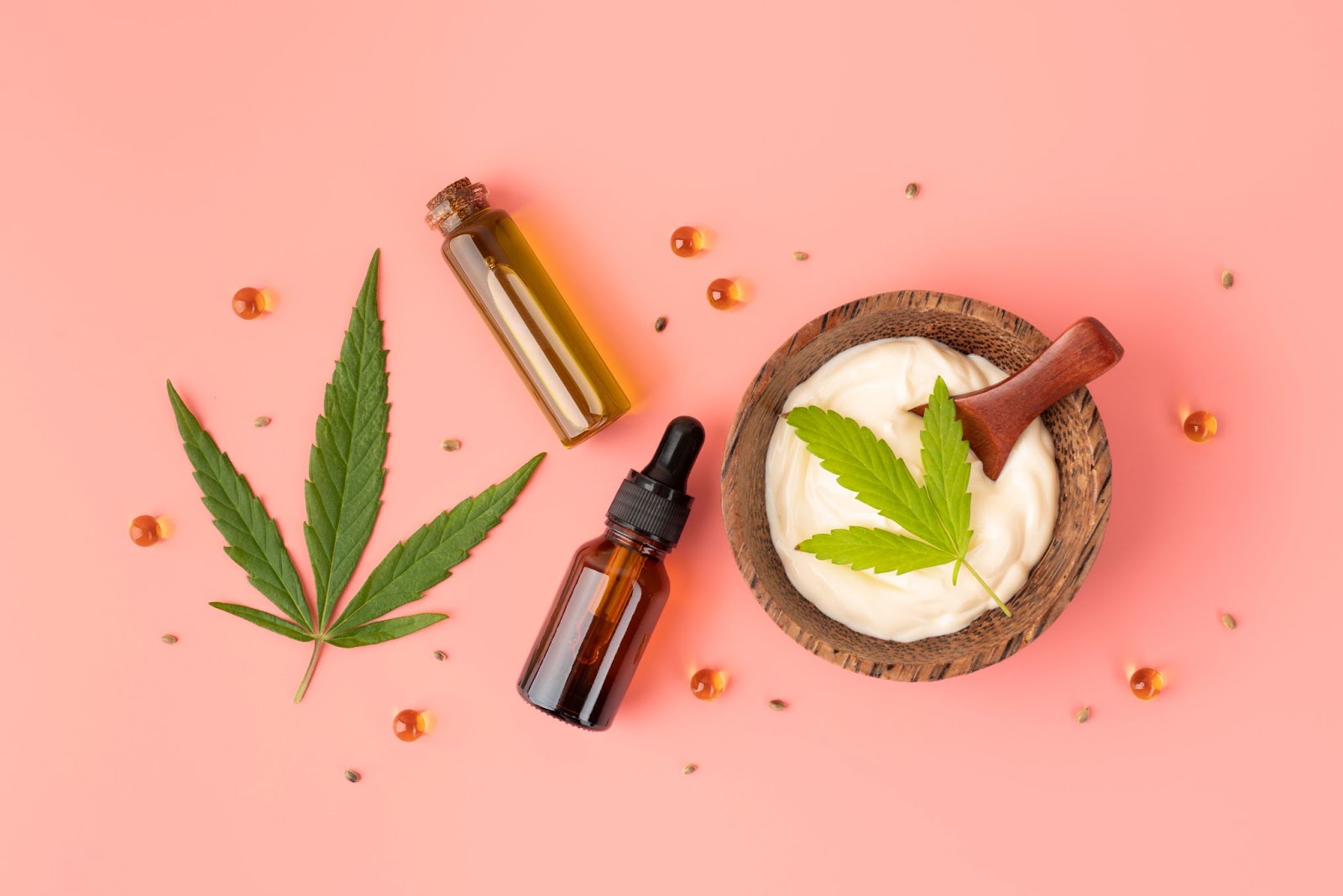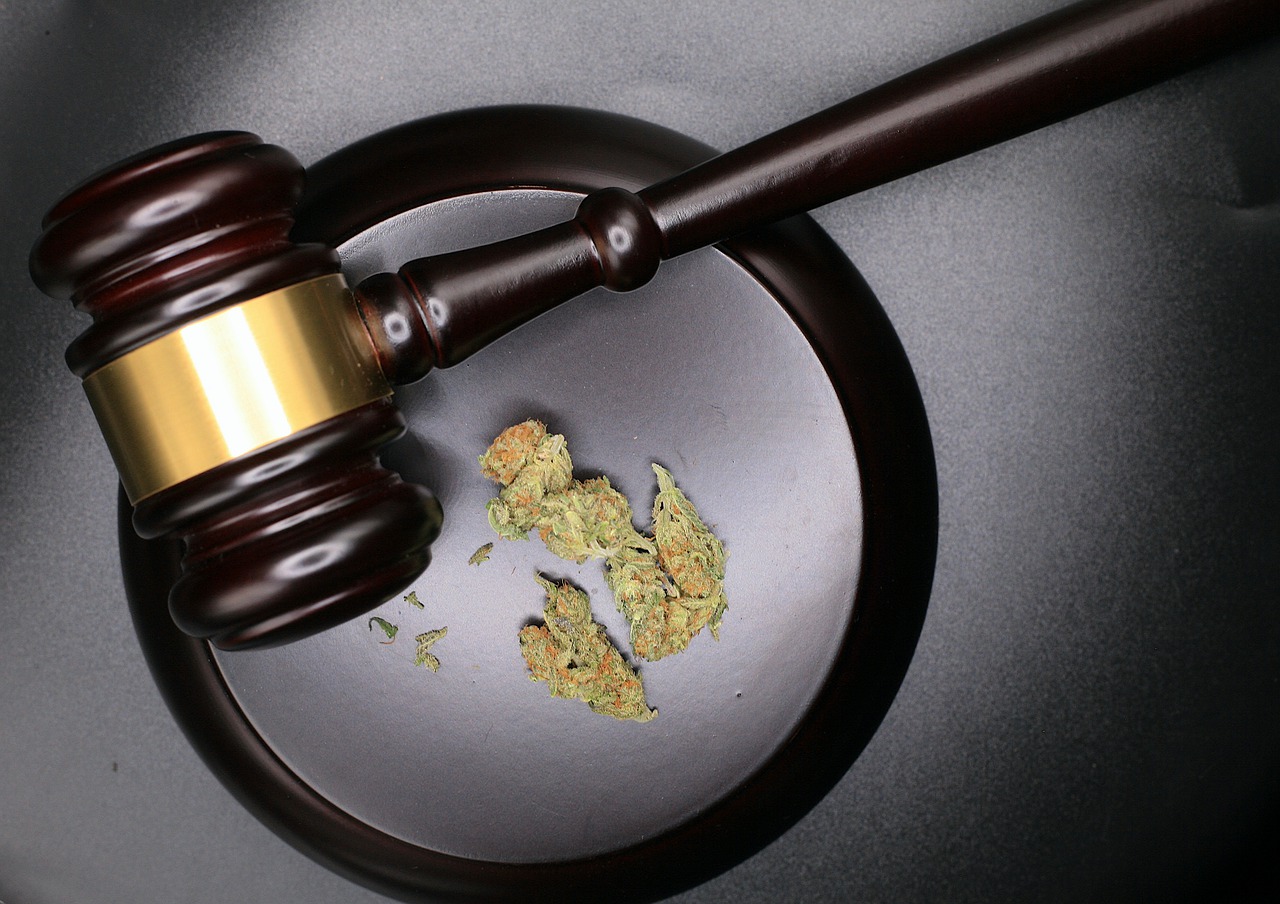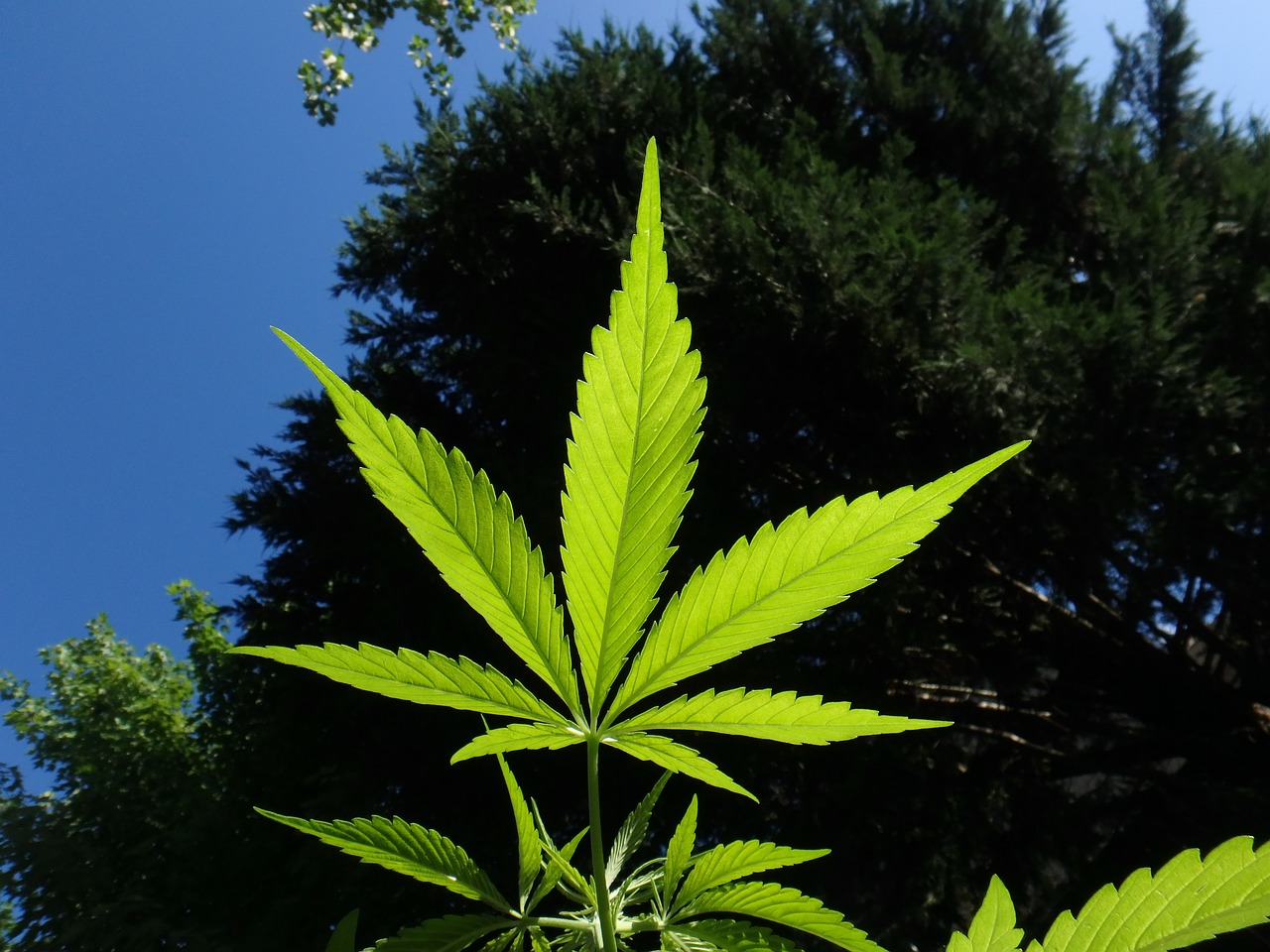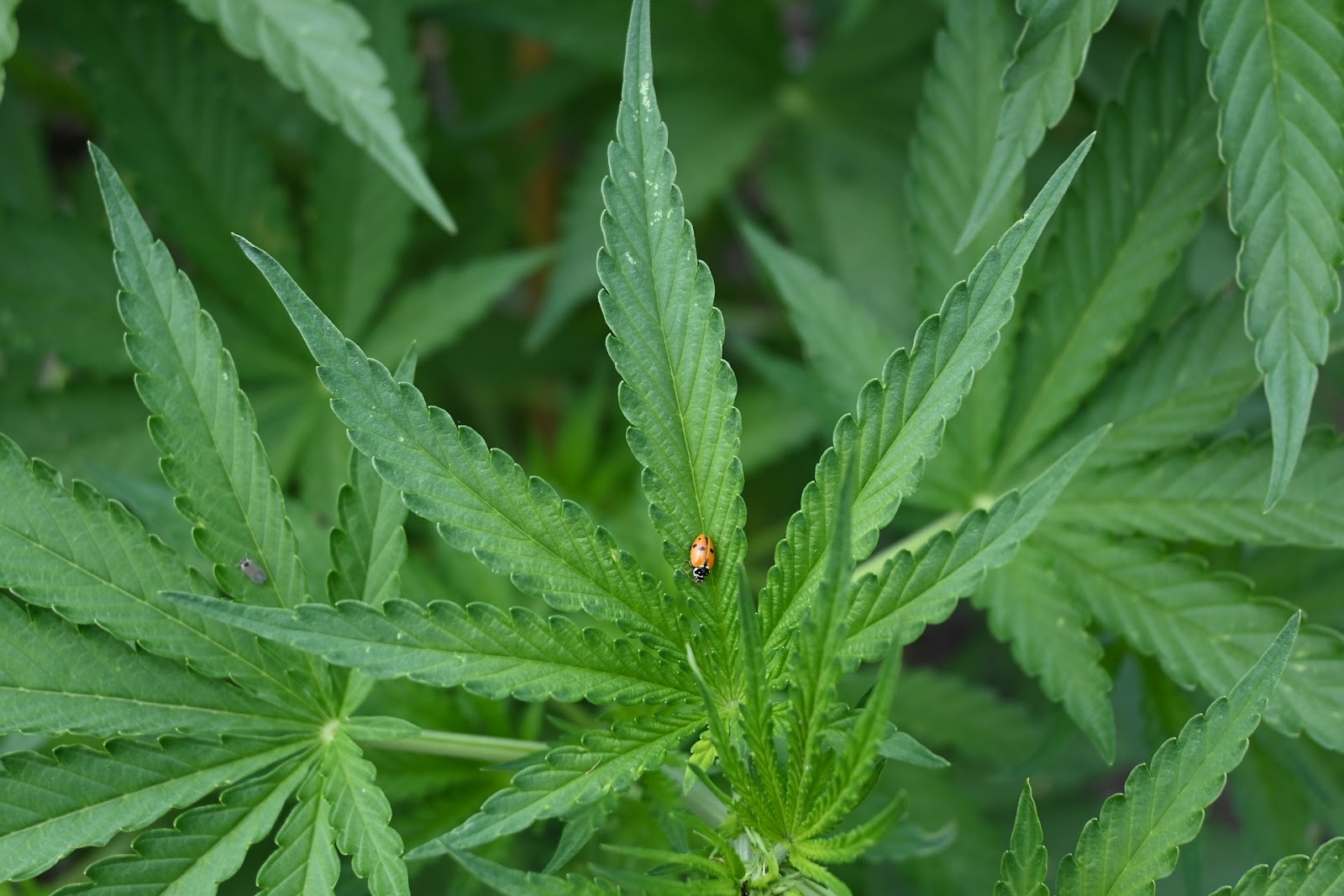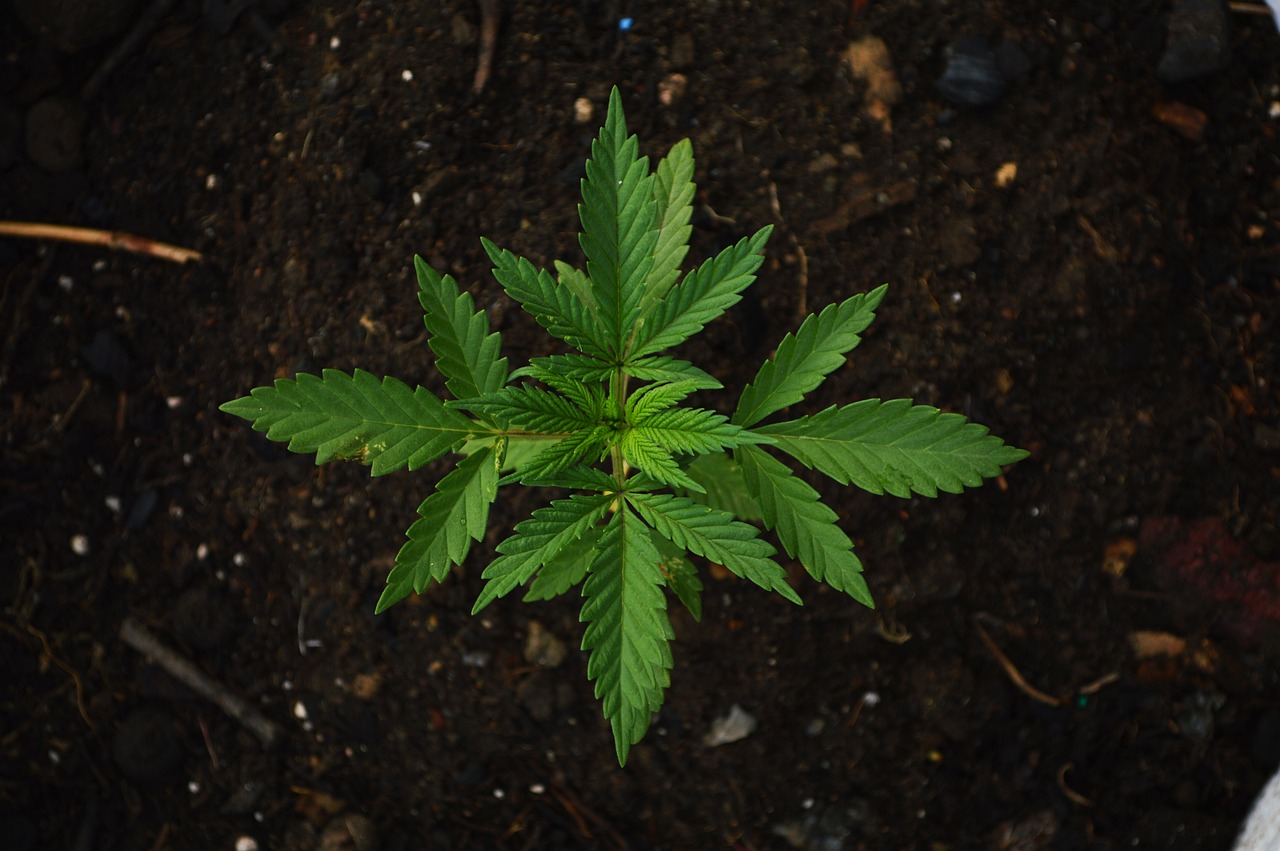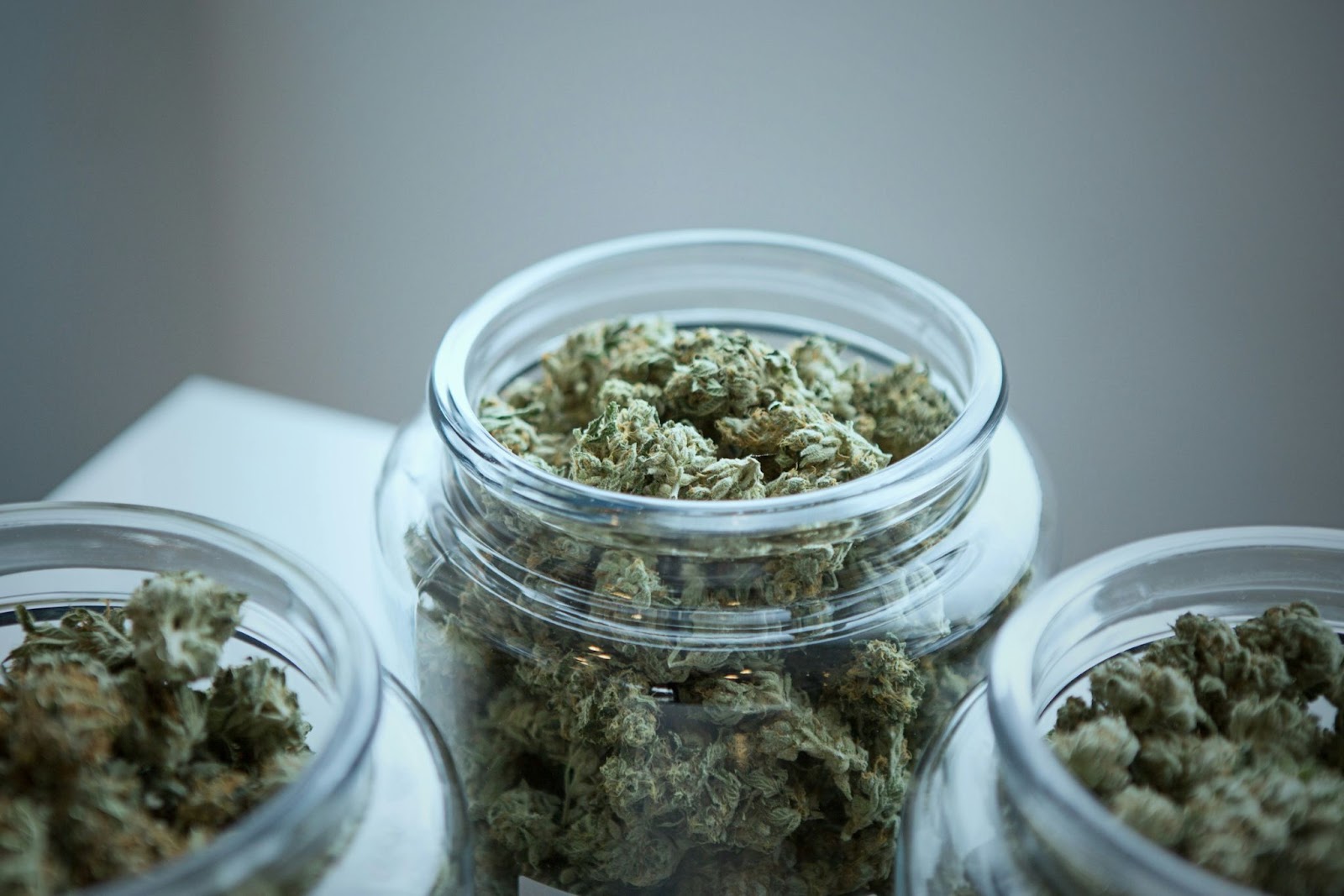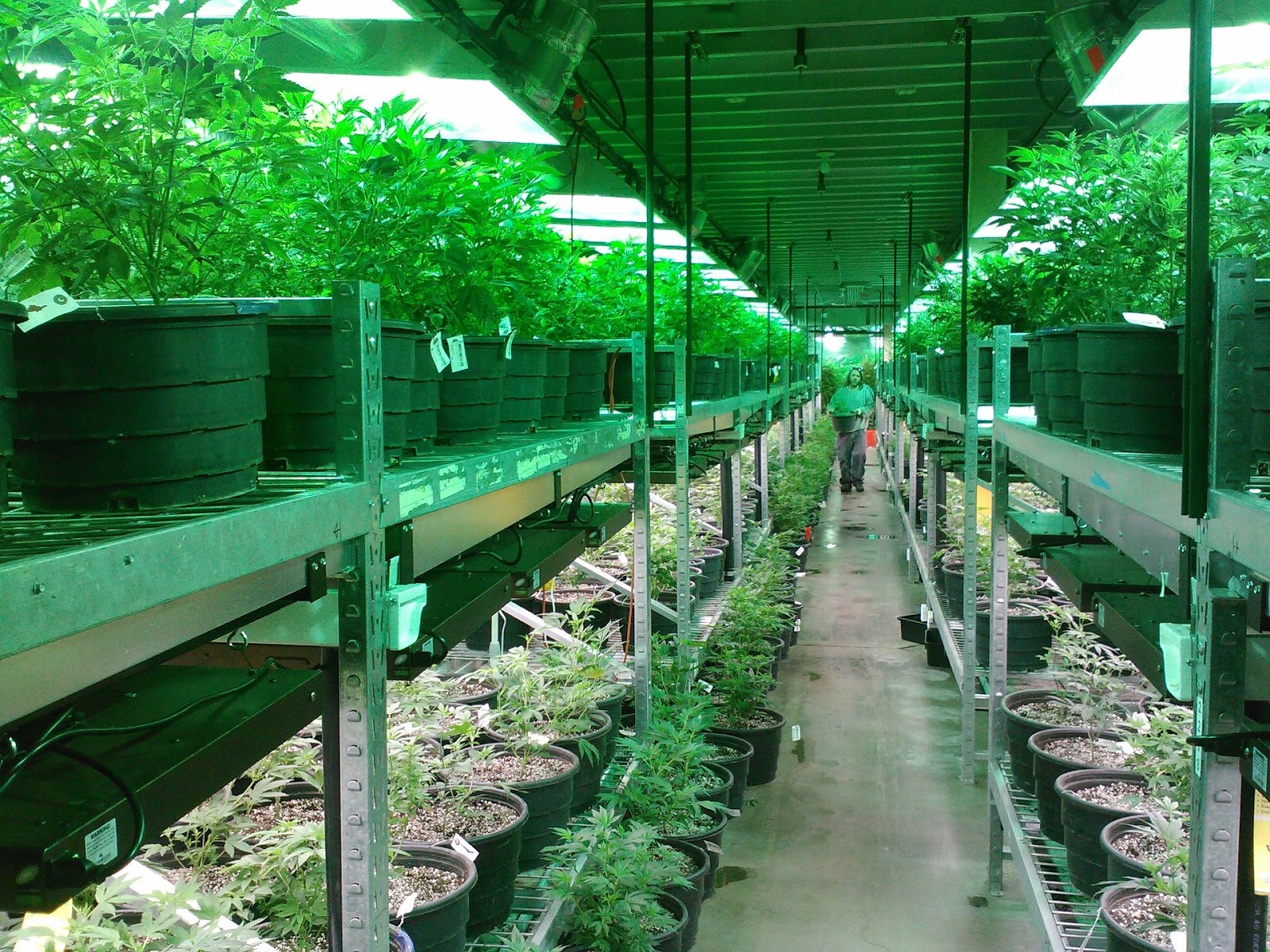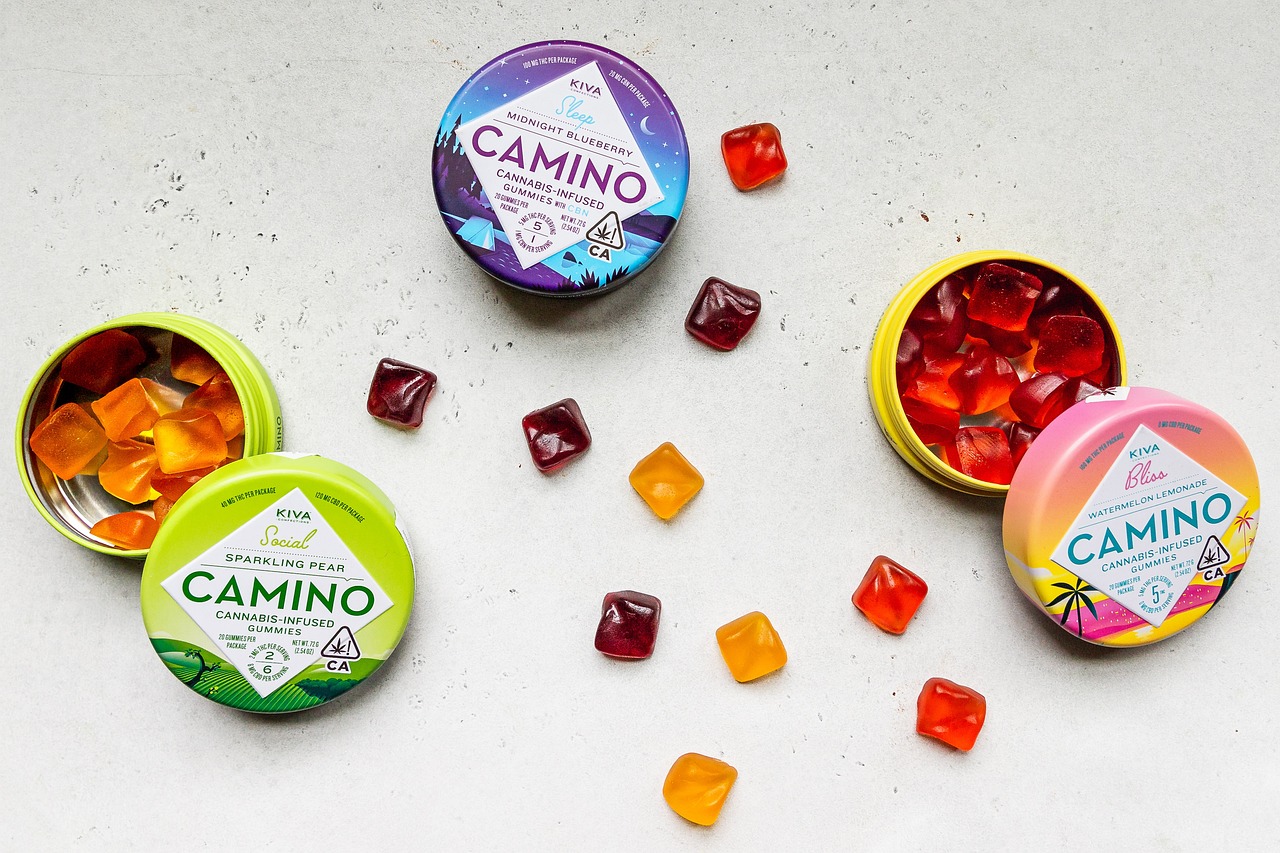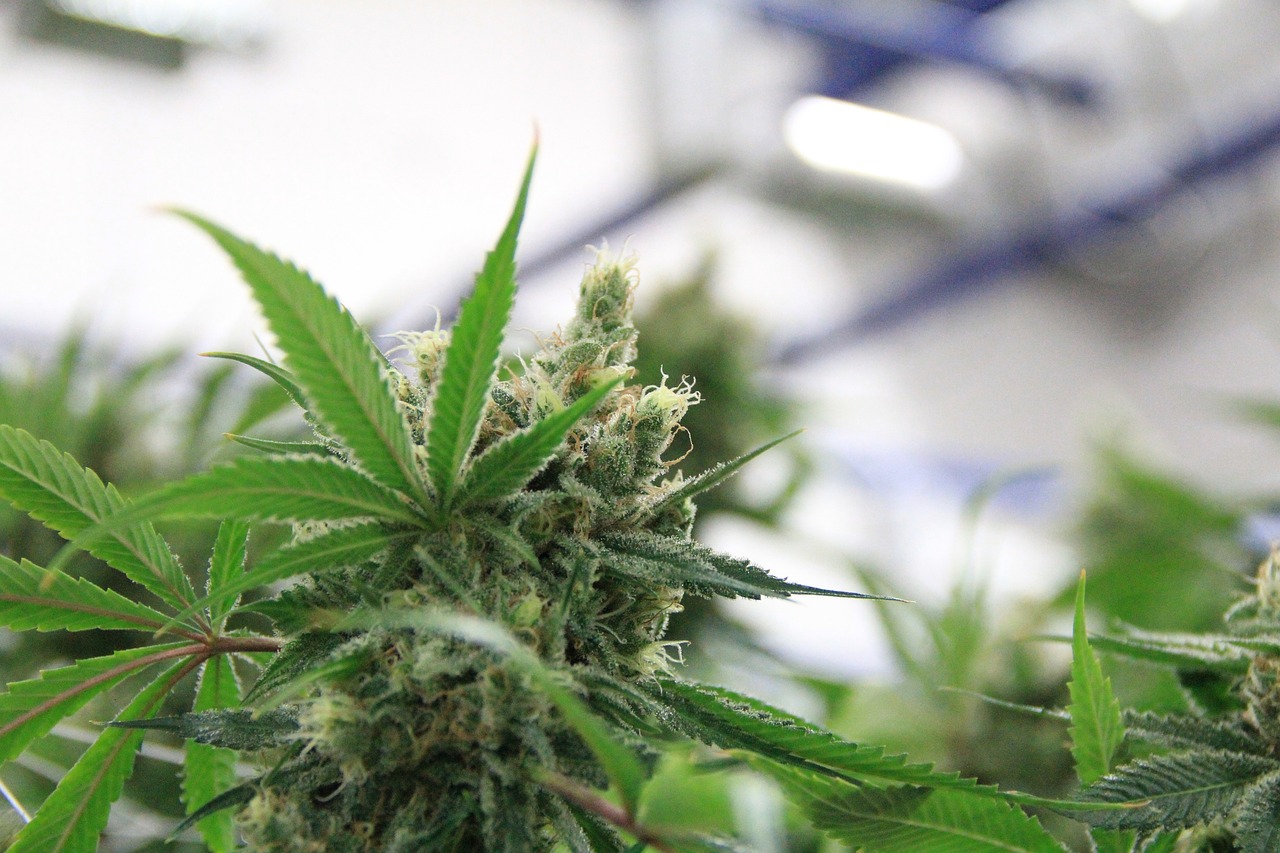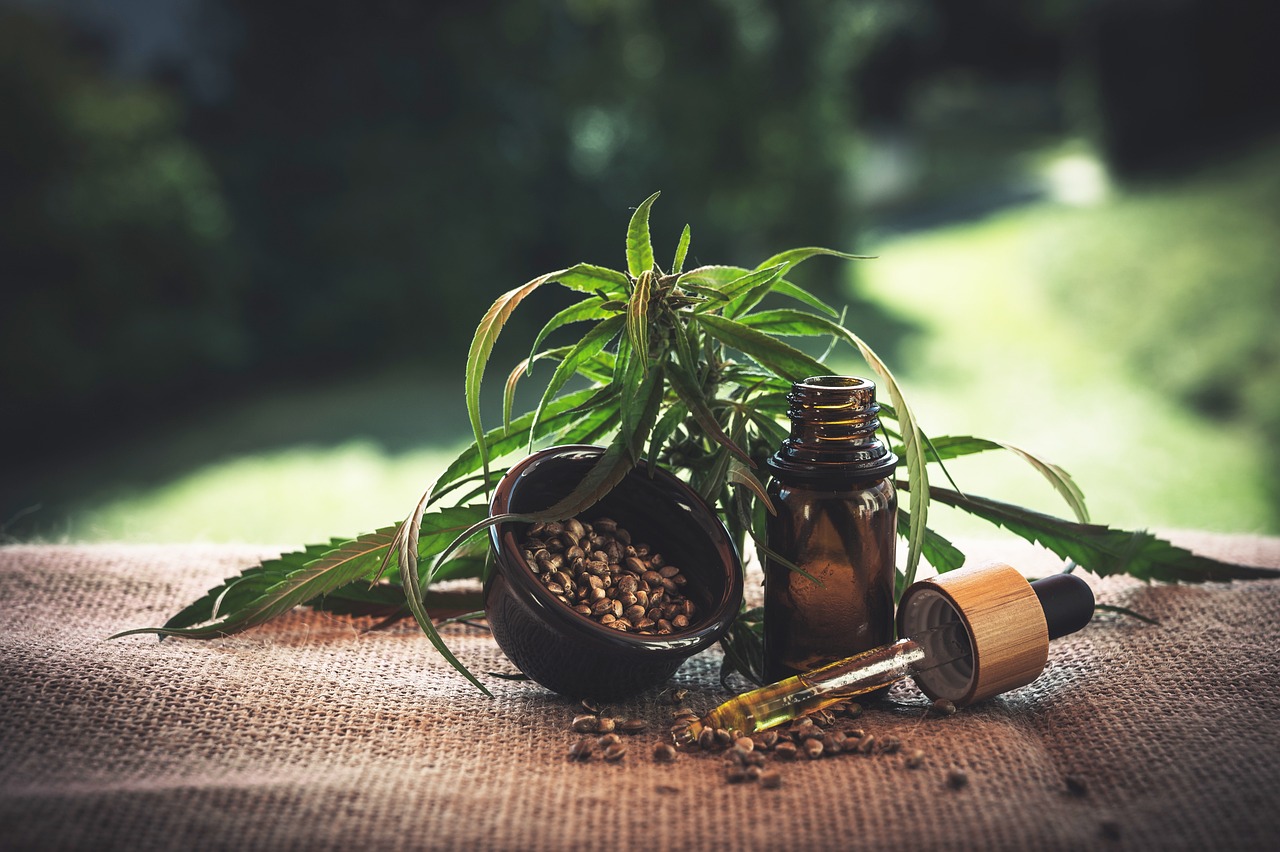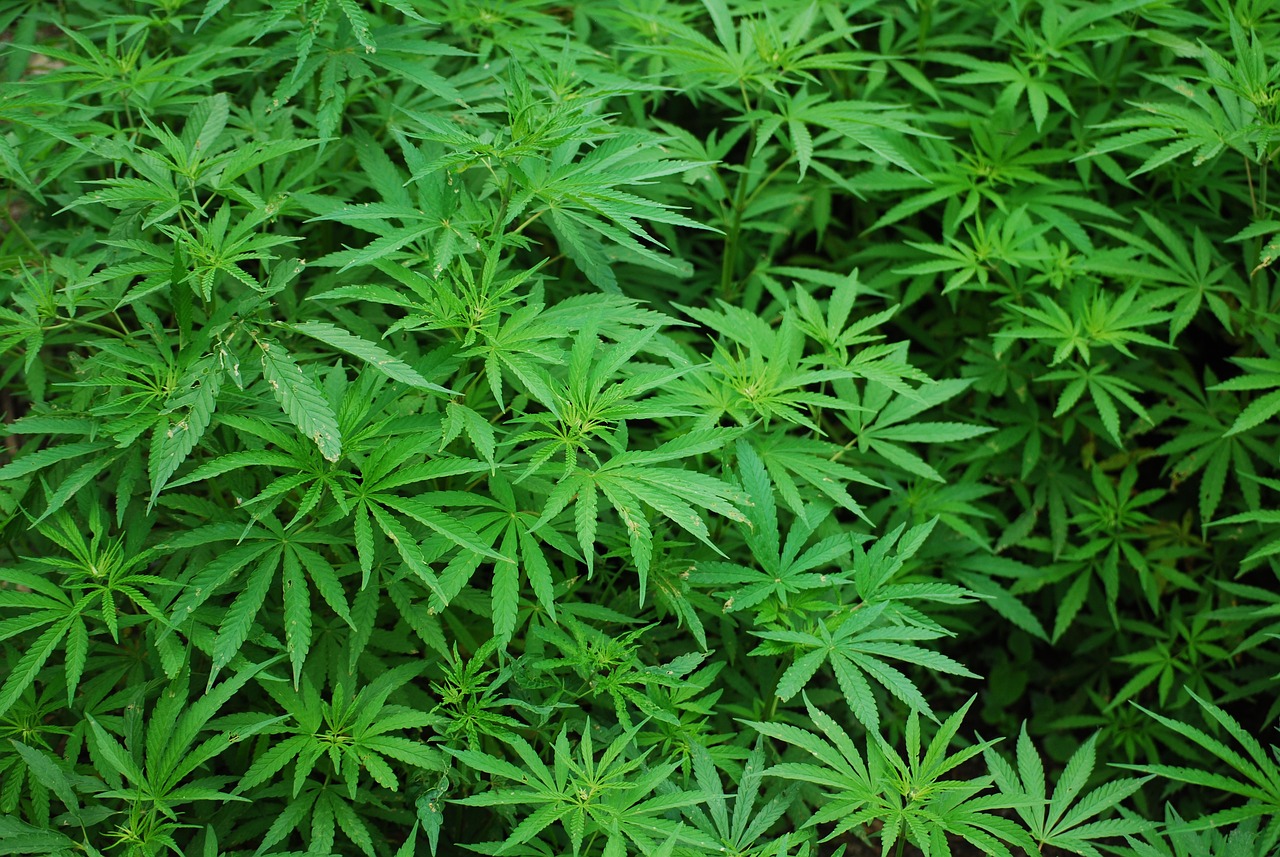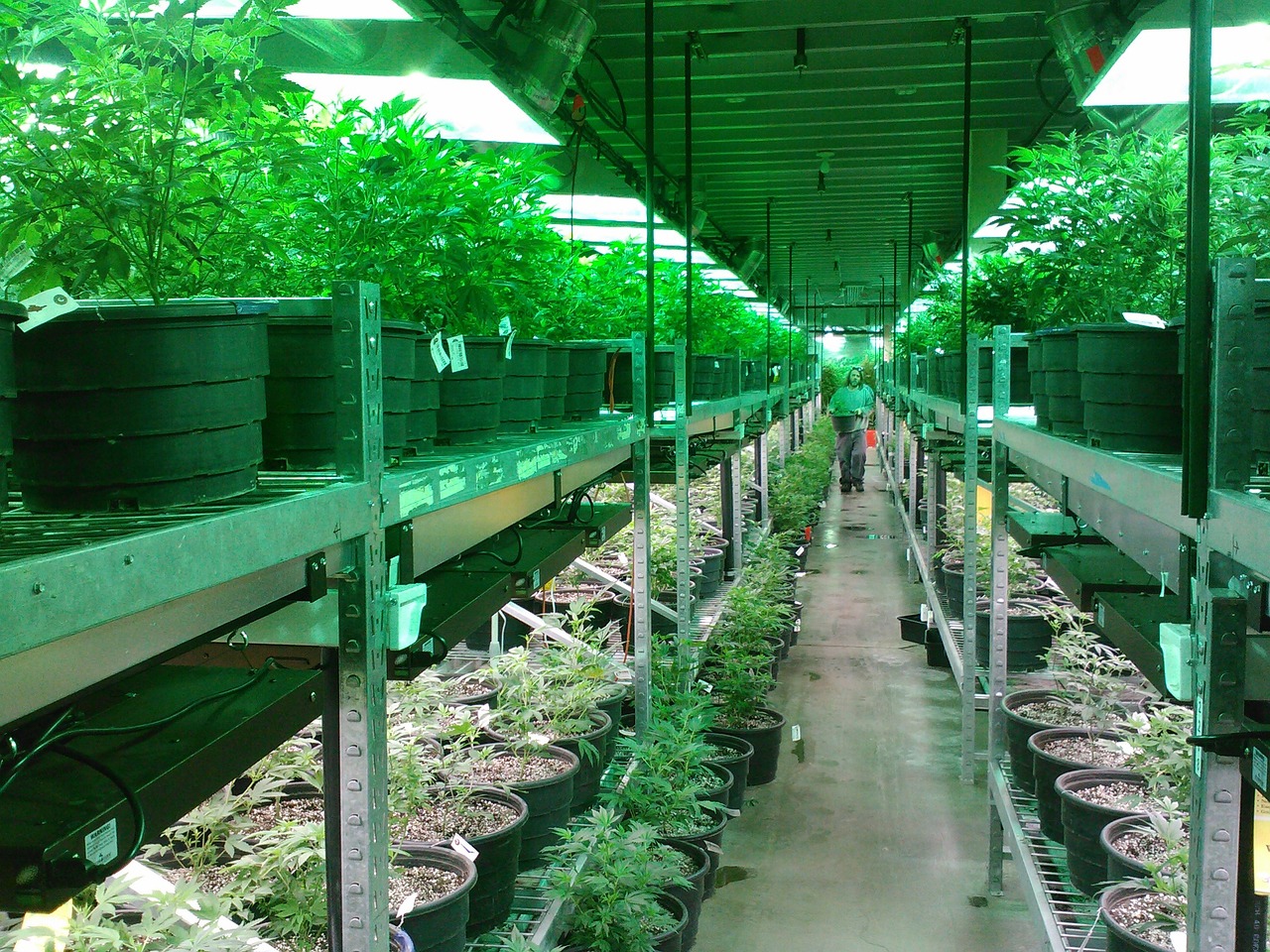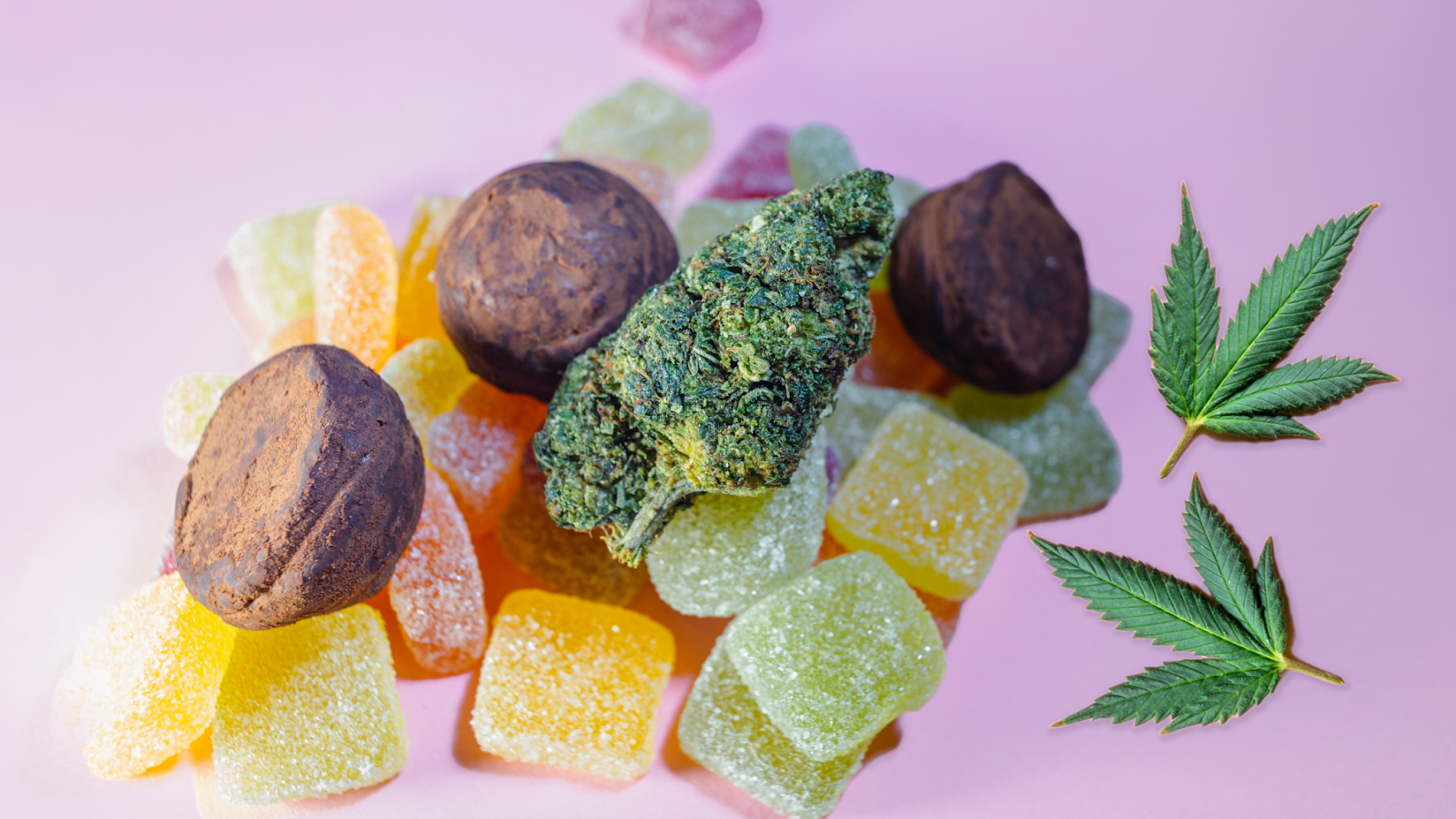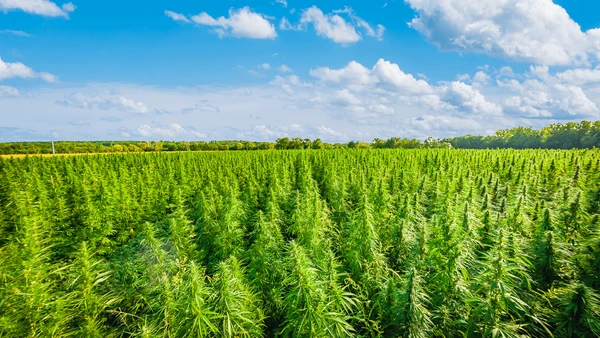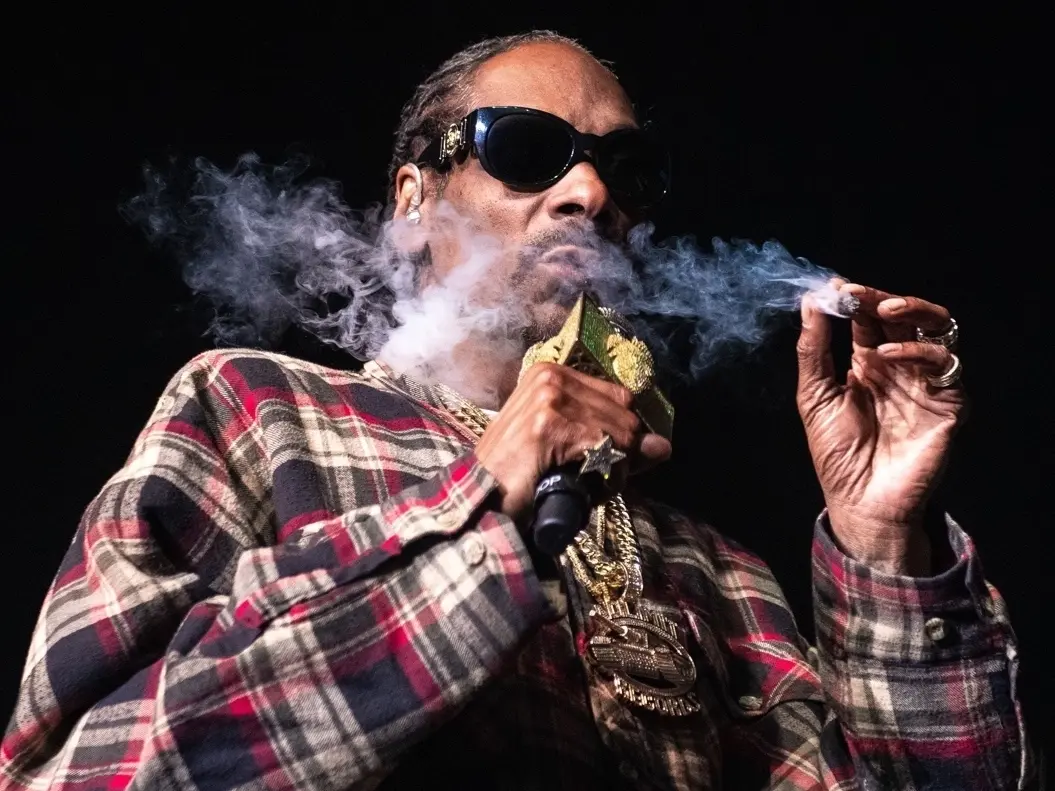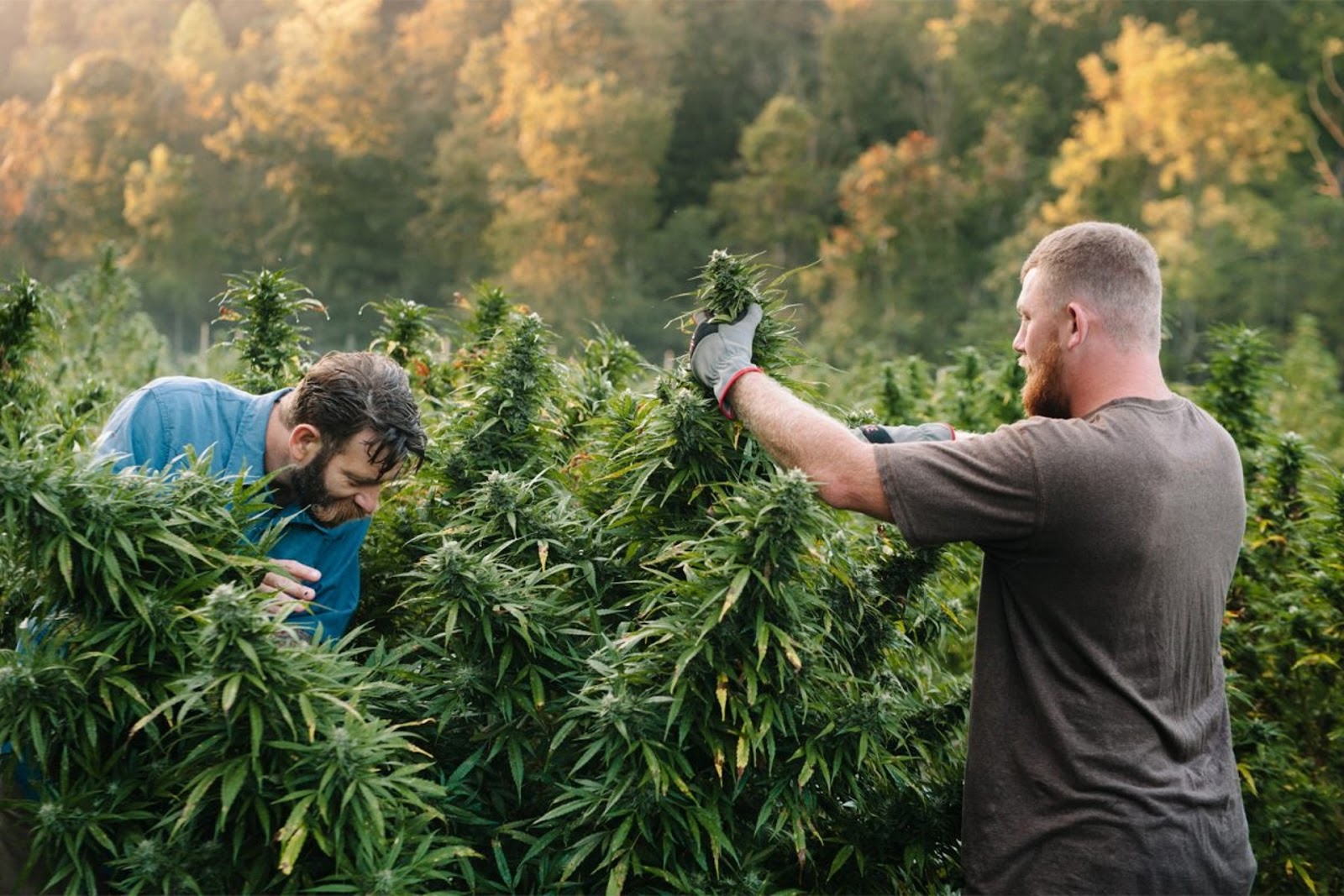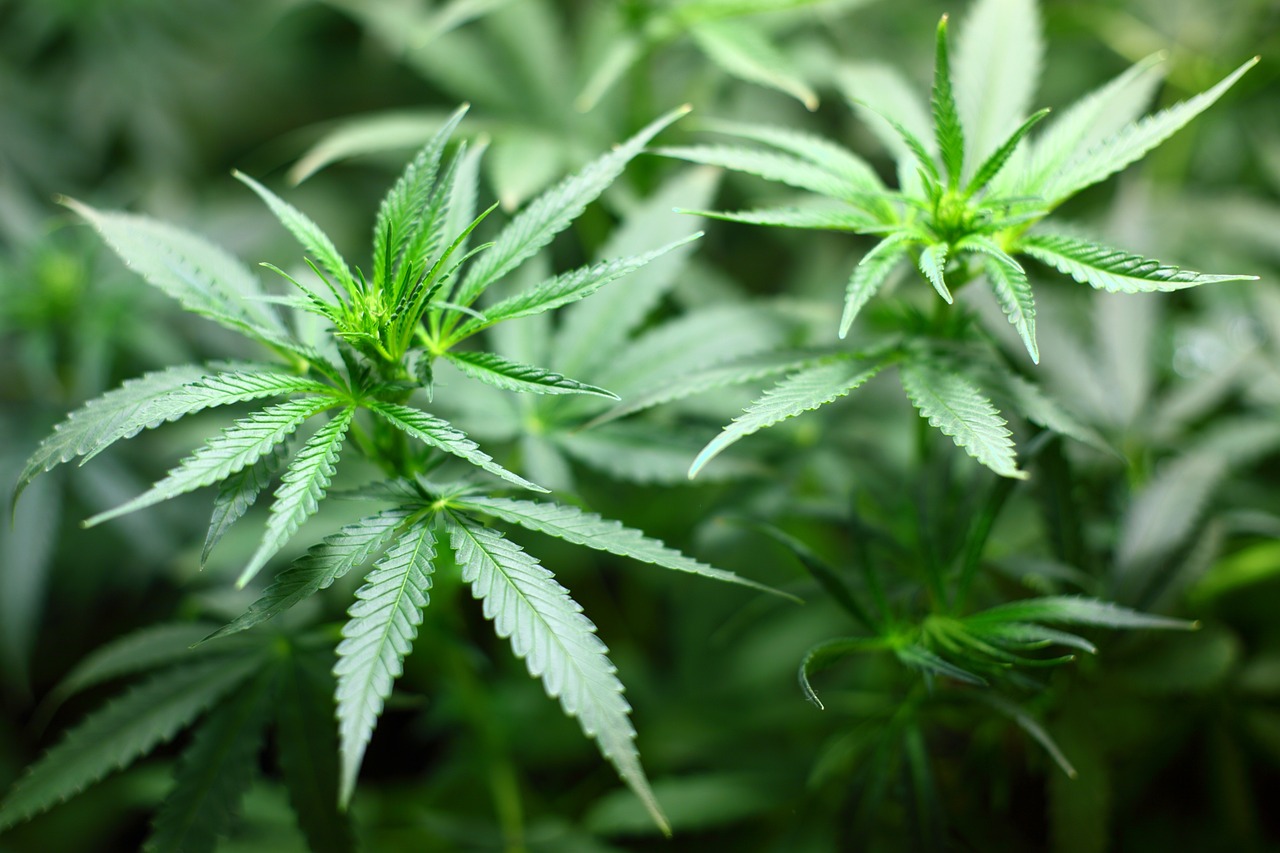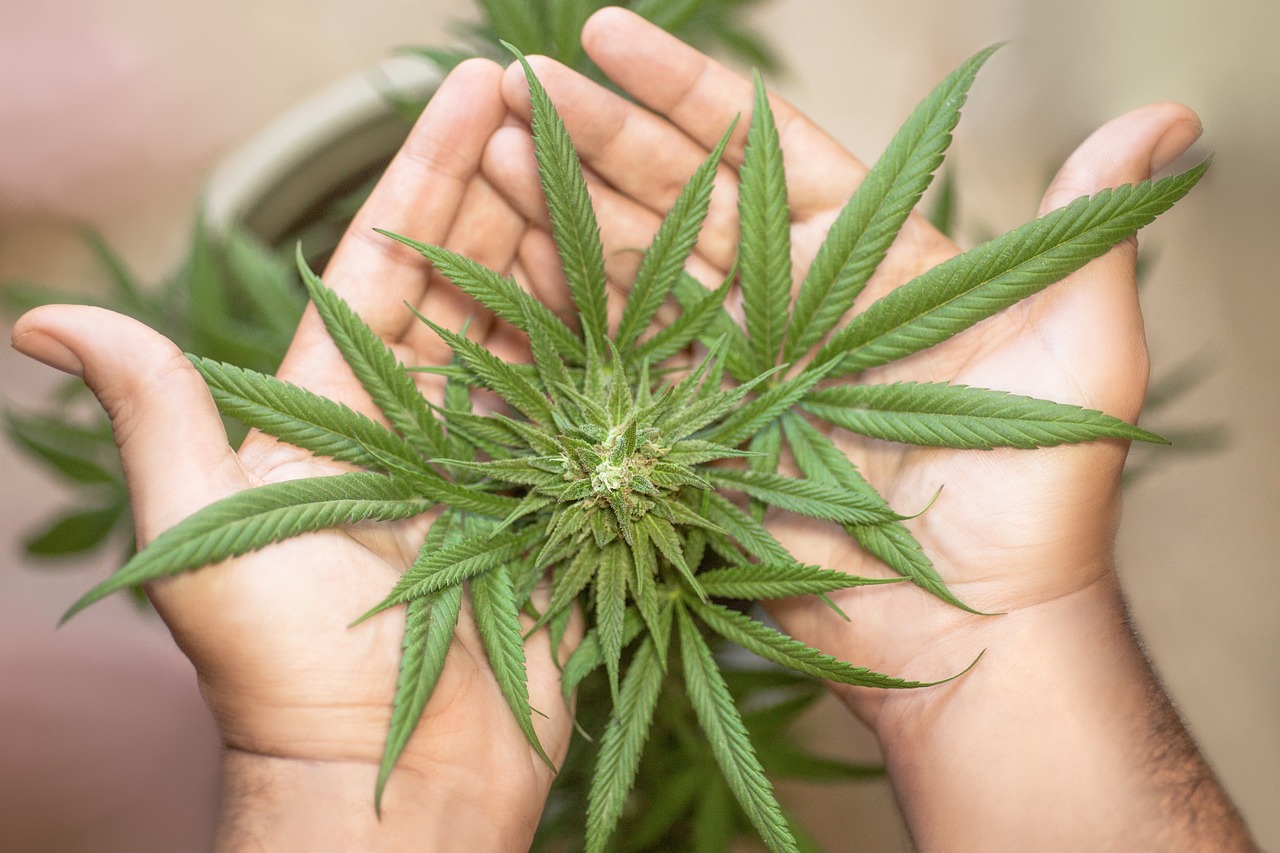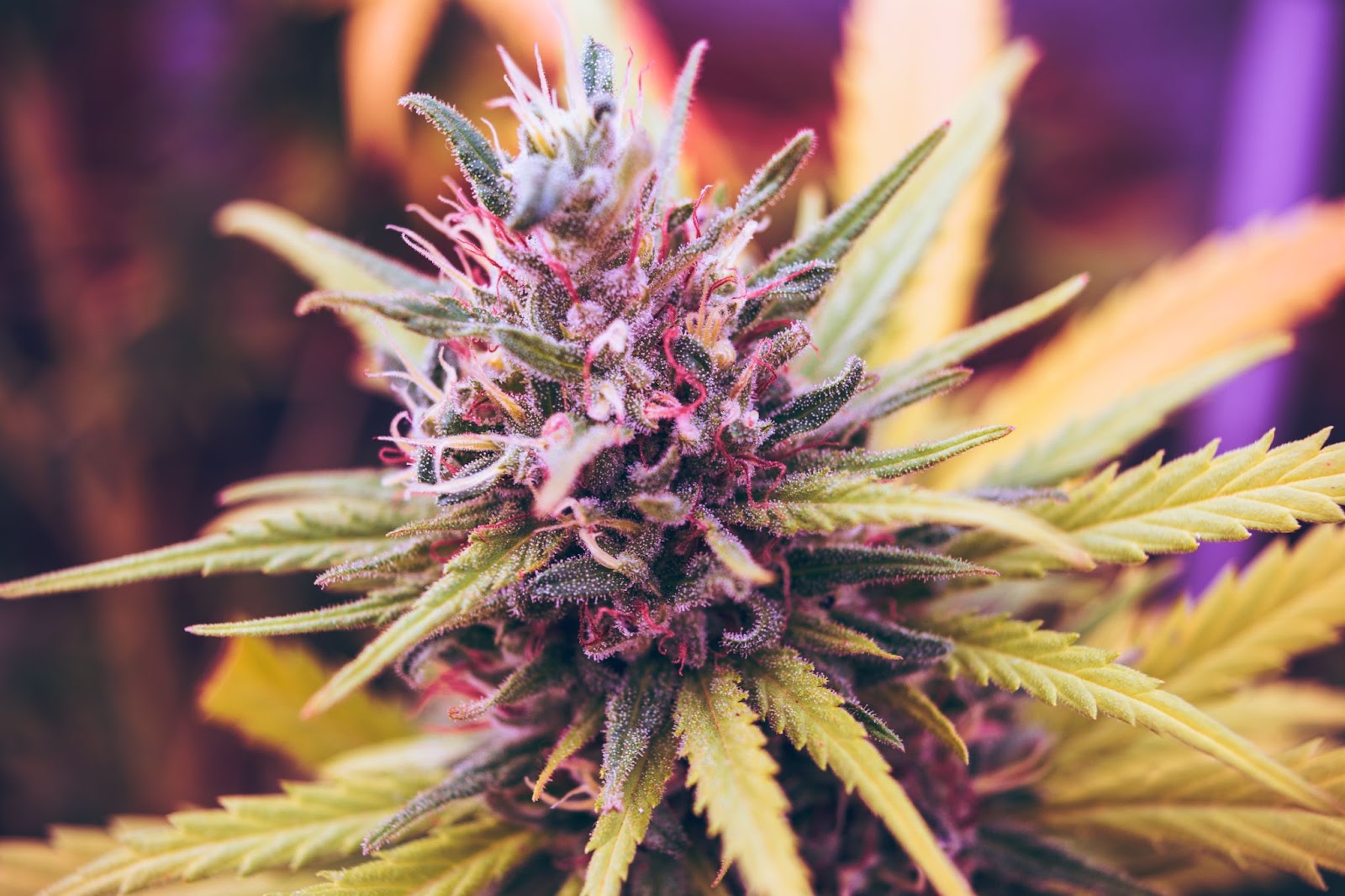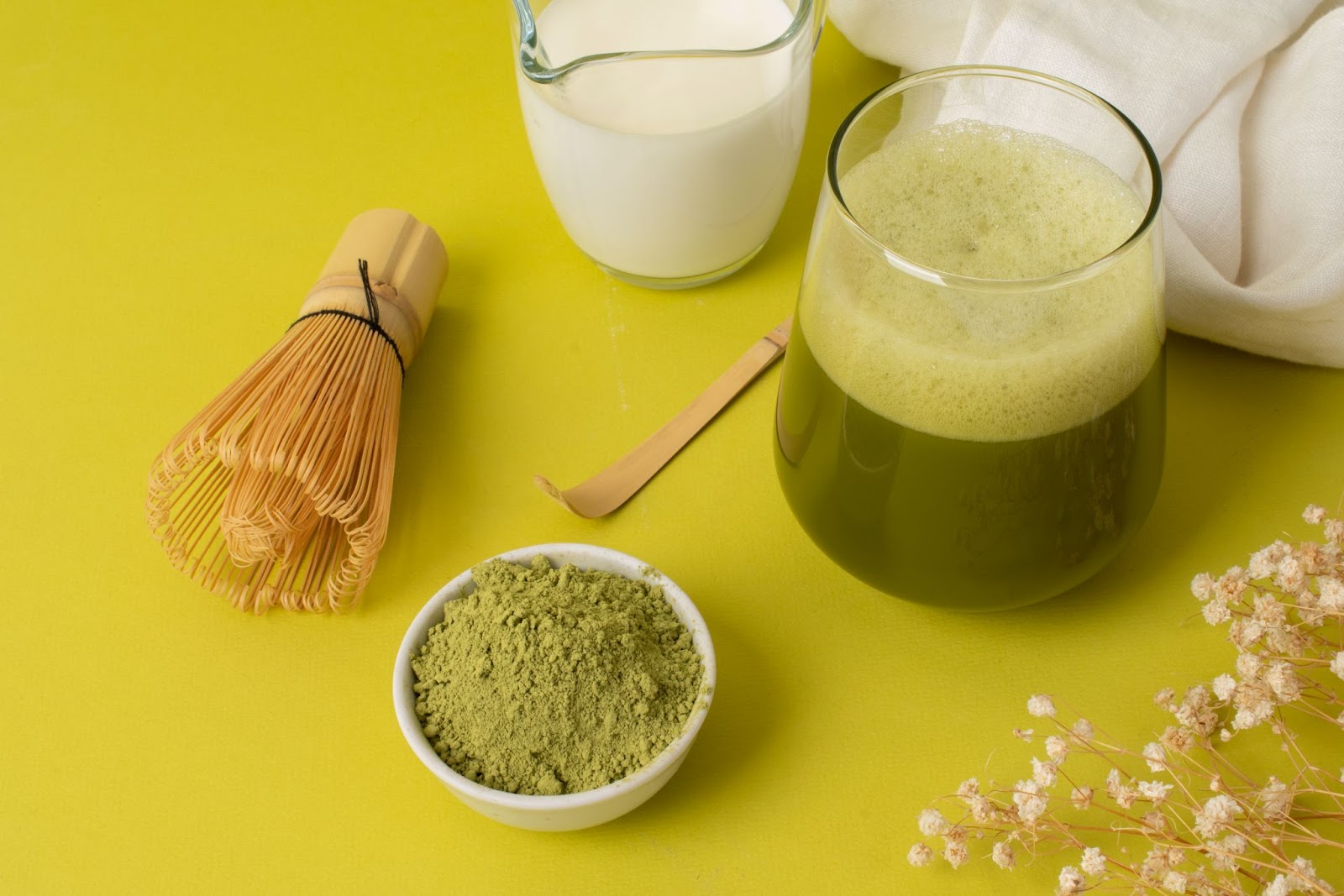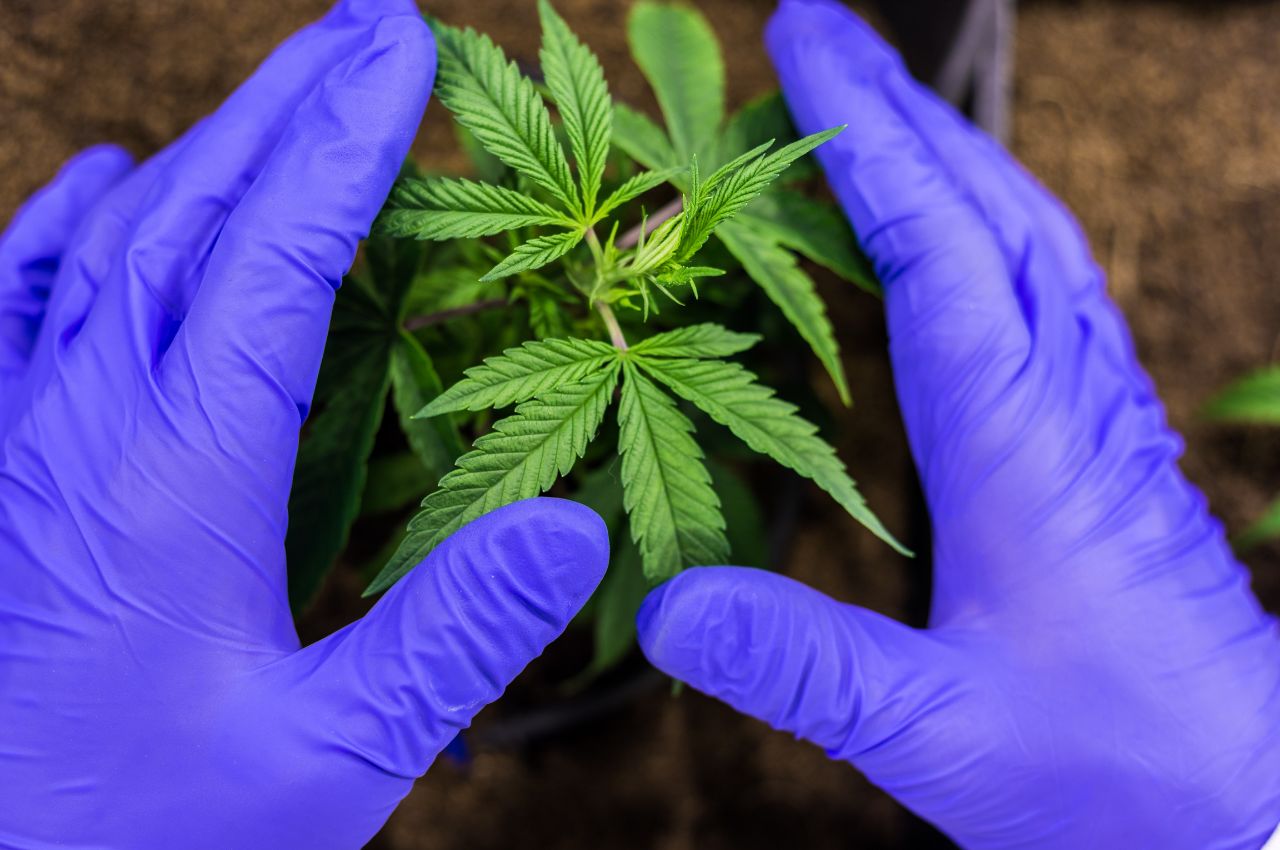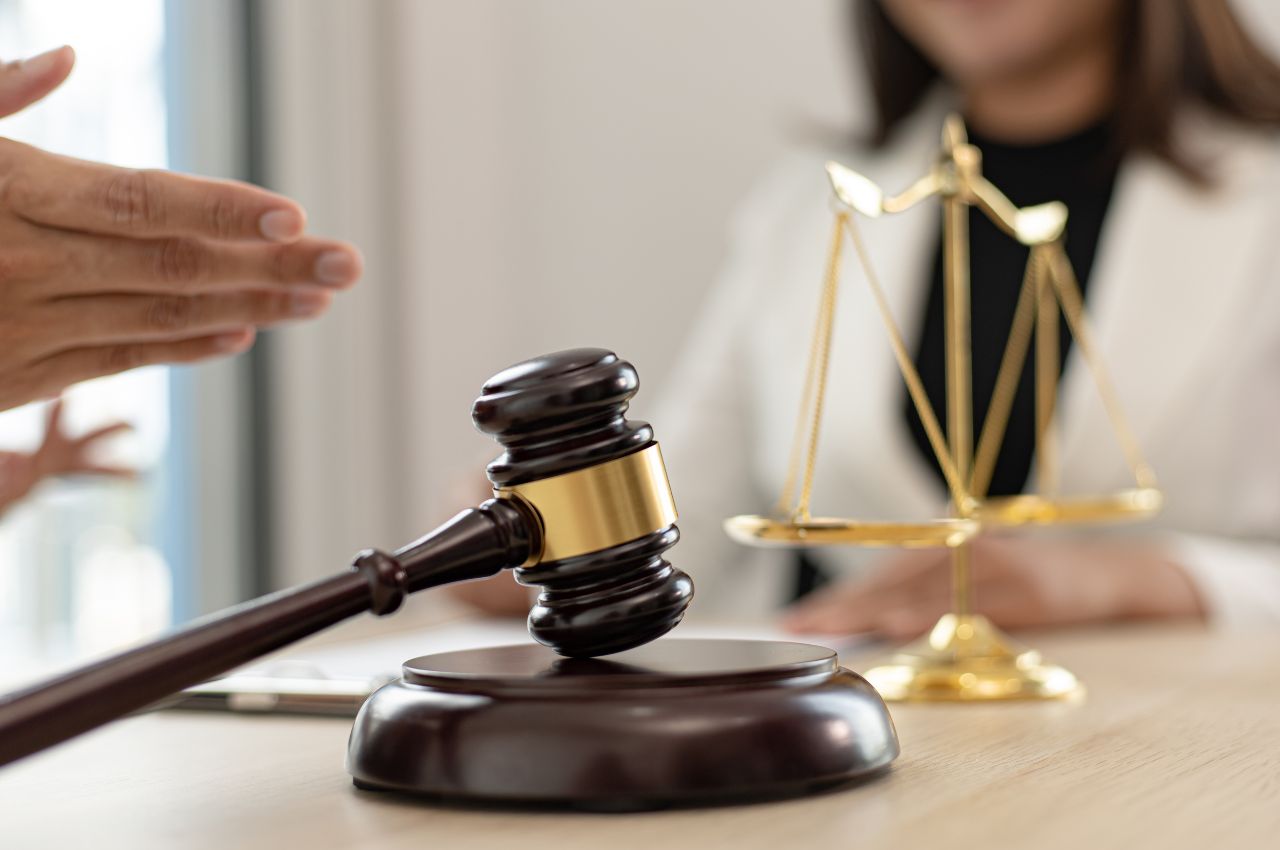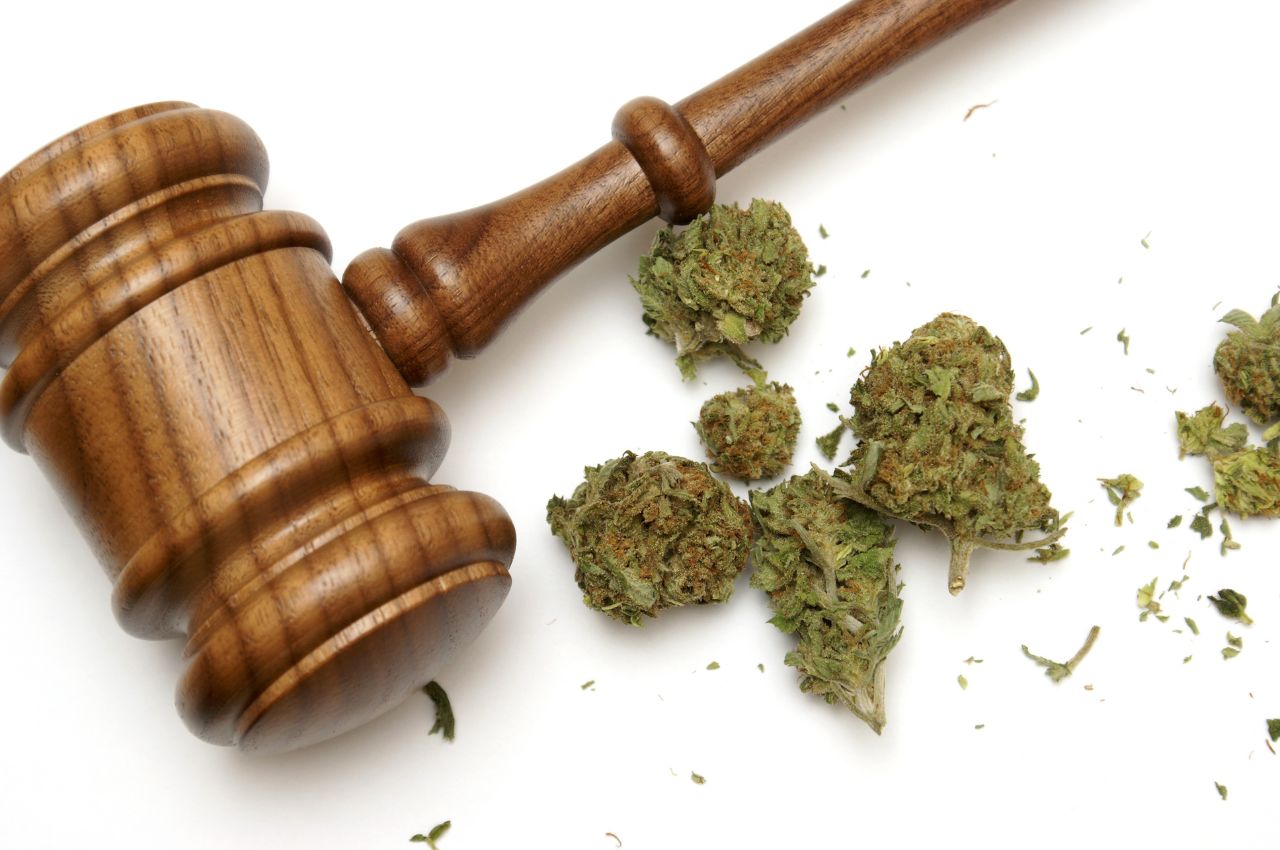The history of cannabis shows the flower treading water, steps taken forward and backward, permission shifting and changing across the globe throughout time, but none more so than in recent years. With individuals across borders and seas using cannabis for recreational or medicinal purposes, this plant is one of the most popular drugs out there, and laws have recently been evolving to meet the demands of the 21st-century cannabis user. While in some parts of Asia, cannabis use is culturally accepted, in 2022, Thailand was the first country in Asia to officially legalize cannabis—a decision that has become a learning lesson for Thailand’s leaders, and perhaps the rest of the world.
After legalizing recreational cannabis use in 2022, Thailand saw an overnight flourishing of its cannabis market, an effect the country’s leaders did not entirely anticipate, nor were they prepared to handle. While this thriving weed tourism industry certainly provides big benefits for Thailand’s economy, leaders did not intend for legalization to prompt such wide usage and selling of the plant.
Currently classified as a “controlled herb” in Thailand, the 2022 legalization led to the appearance of nearly 8,000 dispensaries. This rapid growth in the retail sector of marijuana, if cannabis is kept legal, is expected to reach a value of over $1 billion by 2025. Now, just two short years since its legalization and the rise of dispensaries, cannabis faces being reclassified as illegal, possibly returning the plant’s status to a narcotic by the end of the year.
A complete re-criminalization of cannabis was ordered by Prime Minister Srettha Thavisin this past Wednesday, who also posted on the social media platform X, “I want the health ministry to amend the rules and re-list cannabis as a narcotic.” The Prime Minister’s directive stated that cannabis will be re-labeled as a “category 5” narcotic, effectively making the production, selling, importing, exporting, and possession of the flower a crime.
In a meeting with agencies involved in narcotic suppression, Srettha vowed to stay tough on illicit drug use, ordering authorities to deliver results that showed “clear progress” within the next 90 days.
While recreational use is intended to revert to criminal activity, cannabis use for medical and health purposes will still be allowed, with Srettha vocalizing his support, stating, “The ministry should quickly issue a rule to allow its usage for health and medical purposes only.”
Not all citizens of Thailand see eye-to-eye with their leaders, though. This reclassification has already begun to trigger protests and class-action suits by owners of thousands of dispensaries. An owner of a Bangkok-based dispensary, Rattapon Sanrak, says the other owners and cannabis advocates are “gearing up to protest and preparing to file lawsuits in the event it happens.”
Perhaps the lesson to be learned from Thailand’s recent cannabis experience surrounds how to regulate the drug, not whether or not it should be illegal. When decriminalization hit Thailand leaders’ tables, there were many uncertainties on how to regulate cannabis usage within the country. Unfortunately, this flip-flop experience has positioned potential ripple effects across the cannabis industry, causing legitimate business shutdowns, loss of jobs, and loss of income from cash crops that all help Thailand’s economy.


